This is our first in a series of articles from The Modern Review (1907-1965). In November 1937, The Modern Review published an essay which critiqued Jawaharlal Nehru, warning against his continuing as president of the Indian National Congress for a third time. The writer of the essay adopted a pseudonym: Chanakya. Everyone wondered who Chanakya was.
In 1937, Jawaharlal Nehru was elected president of the Indian National Congress a third time. A scathing essay appeared in ‘The Modern Review’ – one of the most prominent (if not the most prominent) intellectual journals of its time, edited by Ramananda Chatterjee – which cautioned against Nehru’s ever-increasing importance in the party and in national politics, as well as his attitude, potentially paving the path to Caesarism and dictatorship.
The prominence of ‘The Modern Review’ ensured this essay was widely read, in the most influential circles. And everyone was curious about who ‘Chanakya’ was. “It appeared to be a critic of the Congress president, possibly a critic of the Congress party as well,” writes Ramchandra Guha.
It was only later that it was revealed that ‘Chanakya’ was none other than Nehru himself.
Nehru’s flair with stylistic prose is well known and well appreciated. “English made the Empire,” Sunil Khilnani writes in an essay titled ‘Gandhi and Nehru: The Uses of English’. “But (Gandhi and Nehru) showed how it could be used to unmake it – how the language could be a tool of insubordination and, ultimately, freedom.” But this auto-critique goes beyond good prose. It speaks to Nehru’s keen self-awareness, even as he stood at the centre of the whirlwind of political events that 1937 must have surely brought with it. The year also saw the provincial elections in which large numbers of Indians were participating for the first time. But it also speaks to Nehru’s vision of what India needed – then and in the future – as a never-ending quest, one which can never be taken for granted. ‘The Quest’ was also the title he gave to the chapter towards the beginning of ‘The Discovery of India’, where he narrated some of his experiences and learnings from 1937.
—Devangshu Datta
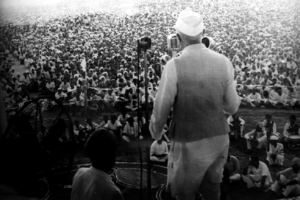
Rashtrapati Jawaharlal ki Jai. The Rashtrapati looked up as he passed swiftly through the waiting crowds, his hands went up and were joined together in salute, and his pale hard face was lit up by a smile. It was a warm personal smile and the people who saw it responded to it immediately and smiled and cheered in return.
The smile passed away and again the face became stern and sad, impassive in the midst of the emotion that it had roused in the multitude. Almost it seemed that the smile and the gesture accompanying it had little reality behind them; they were just tricks of the trade to gain the goodwill of the crowds whose darling he had become. Was it so?
Watch him again. There is a great procession and tens of thousands of persons surround his car and cheer him in an ecstasy of abandonment. He stands on the seat of the car, balancing himself rather well, straight and seemingly tall, like a god, serene and unmoved by the seething multitude. Suddenly there is that smile again, or even a merry laugh, and the tension seems to break and the crowd laughs with him, not knowing what it is laughing at. He is godlike no longer but a human being claiming kinship and comradeship with the thousands who surround him and the crowd feels happy and friendly and takes him to its heart. But the smile is gone and the pale stern face is there again.
Is all this natural or the carefully thought cut trickery of the public man? Perhaps it is both and long habit has become second nature now. The most effective pose is one in which there seems to be least of posing, and Jawaharlal has learnt well to act without the paint and powder of the actor. With his seeming carelessness and insouciance, he performs on the public stage with consummate artistry. Whither is this going to lead him and the country? What is he aiming at with all his apparent want of aim? What lies behind that mask of his, what desires, what will to power, what insatiate longings?
These questions would be interesting in any event, for Jawaharlal is a personality which compels interest and attention. But they have a vital significance for us, for he is bound up with the present in India, and probably the future, and he has the power in him to do great good to India or great injury. We must therefore seek answers to these questions.
“With his seeming carelessness and insouciance, he performs on the public stage with consummate artistry. Whither is this going to lead him and the country? What is he aiming at with all his apparent want of aim? What lies behind that mask of his, what desires, what will to power, what insatiate longings?”
For nearly two years now he has been President of the Congress and some people imagine that he is just a camp-follower in the Working Committee of the Congress, suppressed or kept in check by others. And yet steadily and persistently he goes on increasing his personal prestige and influence both with the masses and with all manner of groups and people. He goes to the peasant and the worker, to the zamindar and the capitalist, to the merchant and the peddler, to the Brahmin and the untouchable, to the Muslim, the Sikh, the Christian and the Jew, to all who make up the great variety of Indian life. To all these he speaks in a slightly different language, ever seeking to win them over to his side. With an energy that is astonishing at his age, he has rushed about across this vast land of India, and everywhere he has received the most extraordinary of popular welcomes. From the far north to Cape Comorin he has gone like some triumphant Caesar passing by, leaving a trail of glory and a legend behind him. Is all this for him just a passing fancy which amuses him, or some deep design, or the play of some force which he himself does not know? Is it his will to power, of which he speaks in his Autobiography, that is driving him from crowd to crowd and making him whisper to himself:
“I drew these tides of men into my hands
and wrote my will across the sky in stars.”
What if the fancy turn? Men like Jawaharlal, with all their capacity for great and good work, are unsafe in democracy. He calls himself a democrat and a socialist, and no doubt he does so in all earnestness, but every psychologist knows that the mind is ultimately a slave to the heart and logic can always be made to fit in with the desires and irrepressible urges of a person. A little twist and Jawaharlal might turn a dictator sweeping aside the paraphernalia of a slow-moving democracy. He might still use the language and slogans of democracy and socialism, but we all know how fascism has fattened on this language and then cast it away as useless lumber.
“He might still use the language and slogans of democracy and socialism, but we all know how fascism has fattened on this language and then cast it away as useless lumber.”
Jawaharlal is certainly not a fascist, not only by conviction but by temperament. He is far too much of an aristocrat for the crudity and vulgarity of fascism. His very face and voice tell us that:
“Private faces in public places
are better and nicer than
public faces in private places.”
The fascist face is a public face and it is not a pleasant face in public or private. Jawaharlal’s face as well as his voice are definitely private. There is no mistaking that even in a crowd, and his voice at public meetings is an intimate voice which seems to speak to individuals separately in a matter-of-fact homely way. One wonders as one hears it or sees that sensitive face what lies behind them, what thoughts and desires, what strange complexes and repressions, what passions suppressed and turned to energy, what longings which he dare not acknowledge even to himself. The train of thought holds him in public speech, but at other times his looks betray him, for his mind wanders away to strange fields and fancies, and he forgets for a moment his companion and holds inaudible converse with the creatures of his brain. Does he think of the human contacts he has missed in his life’s journey, hard and tempestuous as it has been; does he long for them? Or does he dream of the future of his fashioning and of the conflicts and triumphs that he would fain have? He must know well that there is no resting by the way in the path he has chosen, and even triumph itself means greater burdens. As Lawrence said to the Arabs: “There could be no rest-houses for revolt, no dividend of joy paid out.” Joy may not be for him, but something greater than joy may be his, if fate and fortune are kind—the fulfilment of a life purpose.
Jawaharlal cannot become a fascist. And yet he has all the makings of a dictator in him—vast popularity, a strong will directed to a well-defined purpose, energy, pride, organisational capacity, ability, hardness, and, with all his love of the crowd, an intolerance of others and a certain contempt for the weak and the inefficient. His flashes of temper are well known and even when they are controlled, the curling of the lips betrays him. His over-mastering desire to get things done, to sweep away what he dislikes and build anew, will hardly brook for long the slow processes of democracy. He may keep the husk but he will see to it that it bends to his will. In normal times he would be just an efficient and successful executive, but in this revolutionary epoch, Caesarism is always at the door, and is it not possible that Jawaharlal might fancy himself as a Caesar?
“And yet he has all the makings of a dictator in him—vast popularity, a strong will directed to a well-defined purpose, energy, pride, organisational capacity, ability, hardness, and, with all his love of the crowd, an intolerance of others and a certain contempt for the weak and the inefficient… His over-mastering desire to get things done, to sweep away what he dislikes and build anew, will hardly brook for long the slow processes of democracy. He may keep the husk but he will see to it that it bends to his will.”
Therein lies danger for Jawaharlal and for India. For it is not through Caesarism that India will attain freedom, and though she may prosper a little under a benevolent and efficient despotism, she will remain stunted and the day of the emancipation of her people will be delayed.
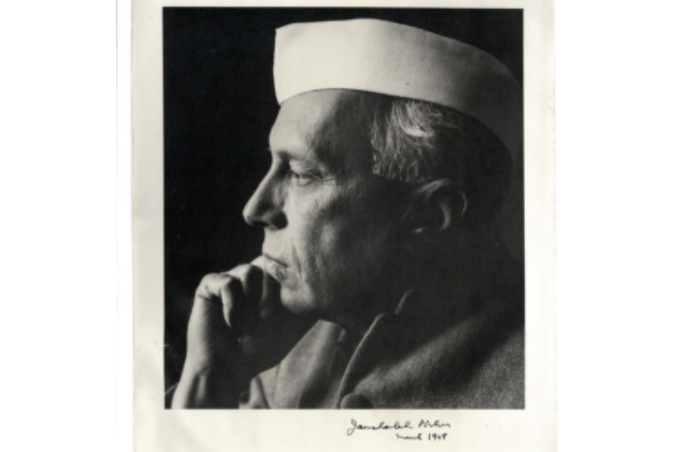
(Image courtesy – Archives New Zealand)
For two consecutive years Jawaharlal has been President of the Congress and in some ways he has made himself so indispensable that there are many who suggest that he should be elected for a third term. But a greater disservice to India and even to Jawaharlal can hardly be done. By electing him a third time we shall exalt one man at the cost of the Congress and make the people think in terms of Caesarism. We shall encourage in Jawaharlal the wrong tendencies and increase his conceit and pride. He will become convinced that only he can bear this burden or tackle India’s problems. Let us remember that, in spite of his apparent indifference to office, he has managed to hold important offices in the Congress for the last seventeen years. He must imagine that he is indispensable, and no man must be allowed to think so. India cannot afford to have him as President of the Congress for a third year in succession.
“it is not through Caesarism that India will attain freedom, and though she may prosper a little under a benevolent and efficient despotism, she will remain stunted and the day of the emancipation of her people will be delayed… By electing him a third time we shall exalt one man at the cost of the Congress and make the people think in terms of Caesarism.”
There is a personal reason also for this. In spite of his brave talk, Jawaharlal is obviously tired and stale and he will progressively deteriorate if he continues as President. He cannot rest, for he who rides a tiger cannot dismount. But we can at least prevent him from going astray and from mental deterioration under too heavy burdens and responsibilities. We have a right to expect good work from him in the future. Let us not spoil that and spoil him by too much adulation and praise. His conceit is already formidable. It must be checked. We want no Caesars.
Nehru himself added the following note to this article later:
5 October 1937. J.N. Papers, N.M.M.L
“This article was written by Jawaharlal Nehru, but it was published anonymously in The Modern Review of Calcutta, November 1937. ‘Rashtrapati’ is a Sanskrit word meaning Head of the State. The title is popularly used for President of the Indian National Congress. Chanakya was a famous Minister of Chandragupta, who built an empire in north India in the fourth century B.C., soon after Alexander’s raid on India. Chanakya is the prototype of Machiavelli.”
ABOUT ‘THE MODERN REVIEW’:
The Modern Review was founded in 1907 by Ramananda Chatterjee, who also founded and edited the Bengali magazine, Prabasi and the Hindi magazine, Vishal Bharat. All three periodicals can be best described as journals of opinion.
The Modern Review published essays by practically every well-known leader of the Indian nationalist movement, along with the views of foreign sympathisers. It also carried rousing editorials from Ramananda Babu himself. After his demise in 1943, his son Kedarnath carried on the good work until he passed away in 1965. The magazine also published fiction, book and art reviews, travelogues, etc., including essays by pioneers like the anthropologist Verrier Elwin and historian, Jadunath Sarkar.
Ramananda Babu allowed his contributors to present every shade of opinion and argue their cases, while ensuring the magazine itself maintained an impartial editorial stance. He was happy to publish long multi-issue arguments between luminaries like Tagore-Gandhi and Subhas Bose-Sardar Patel about the shape and direction of the nationalist movement. Contemporary opinions about topics such as education, women’s rights, the relations between religions and castes, electoral politics, India’s place in the world, and international relations can be accessed and contextualised by leafing through the archives of this journal of record.
—Devangshu Datta
To read a select anthology of articles, interviews, poetry and fiction published from 1907-1947 in the Modern Review, you can buy ‘Patriots, Poets and Prisoners’ here.
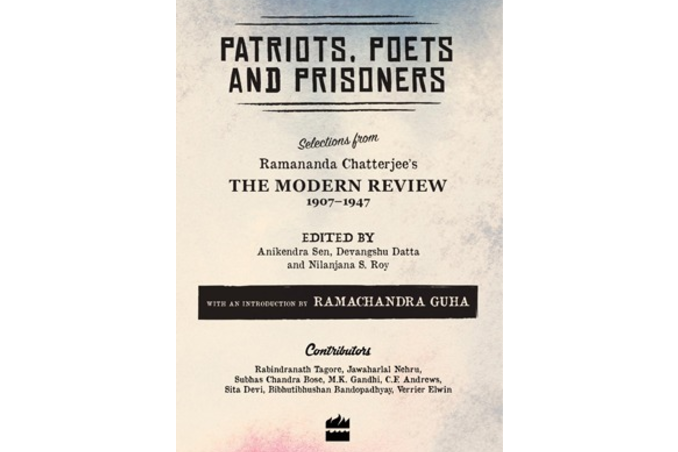
Chanakya was a pseudonym adopted by Jawaharlal Nehru for an article titled ‘Rashtrapati’ which he published in The Modern Review in November 1937. Nehru needs no introduction. He was central to Indian politics both before and after Independence. He was Independent India’s first Prime Minister and went on to hold that position till his death 17 years later. His legacy as a statesman and as architect of an independent India is undeniable. While parts of it are often disputed, it continues to loom large above us all. But Nehru lives on in more than history. His written work – comprising mostly books, articles and letters – are some of the most stellar samples of Indian English writing in the twentieth century. You can read more about him here.
Devangshu Datta is consulting editor and science and technology correspondent at the Business Standard. He is an editor, along with Nilanjana S. Roy and Anikendra Nath Sen of Patriots, Poets and Prisoners.
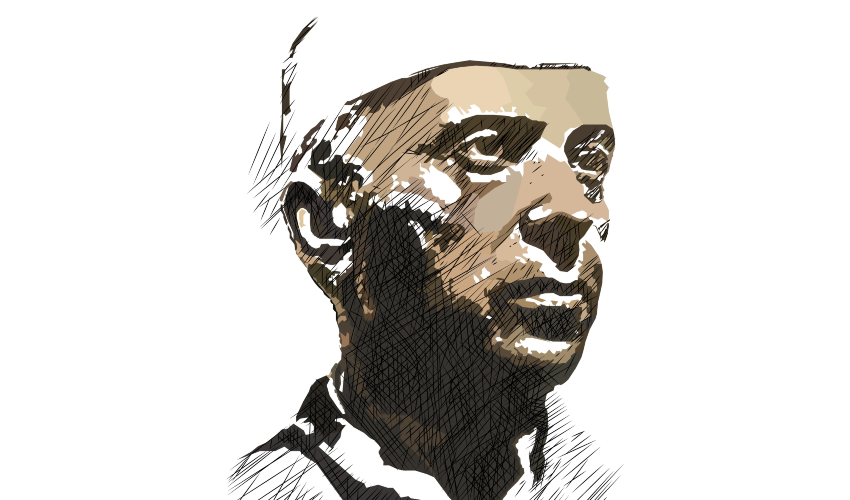


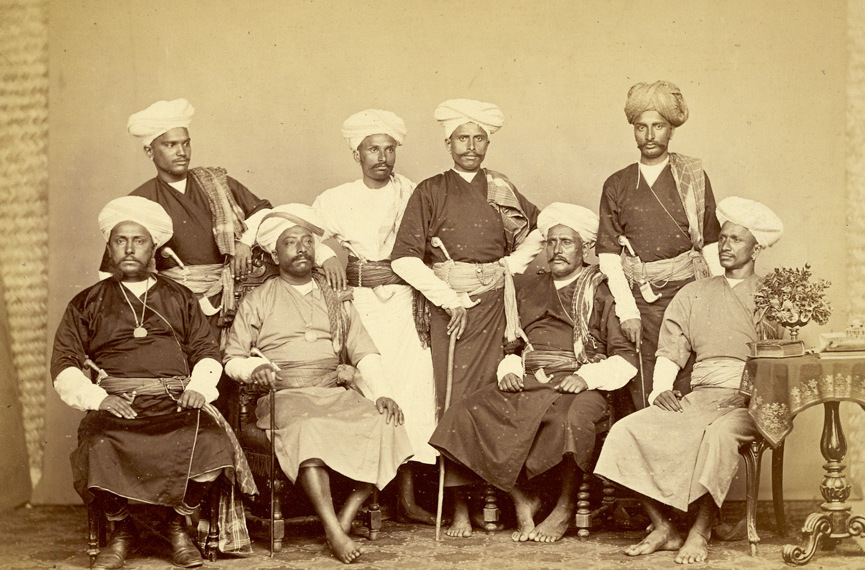
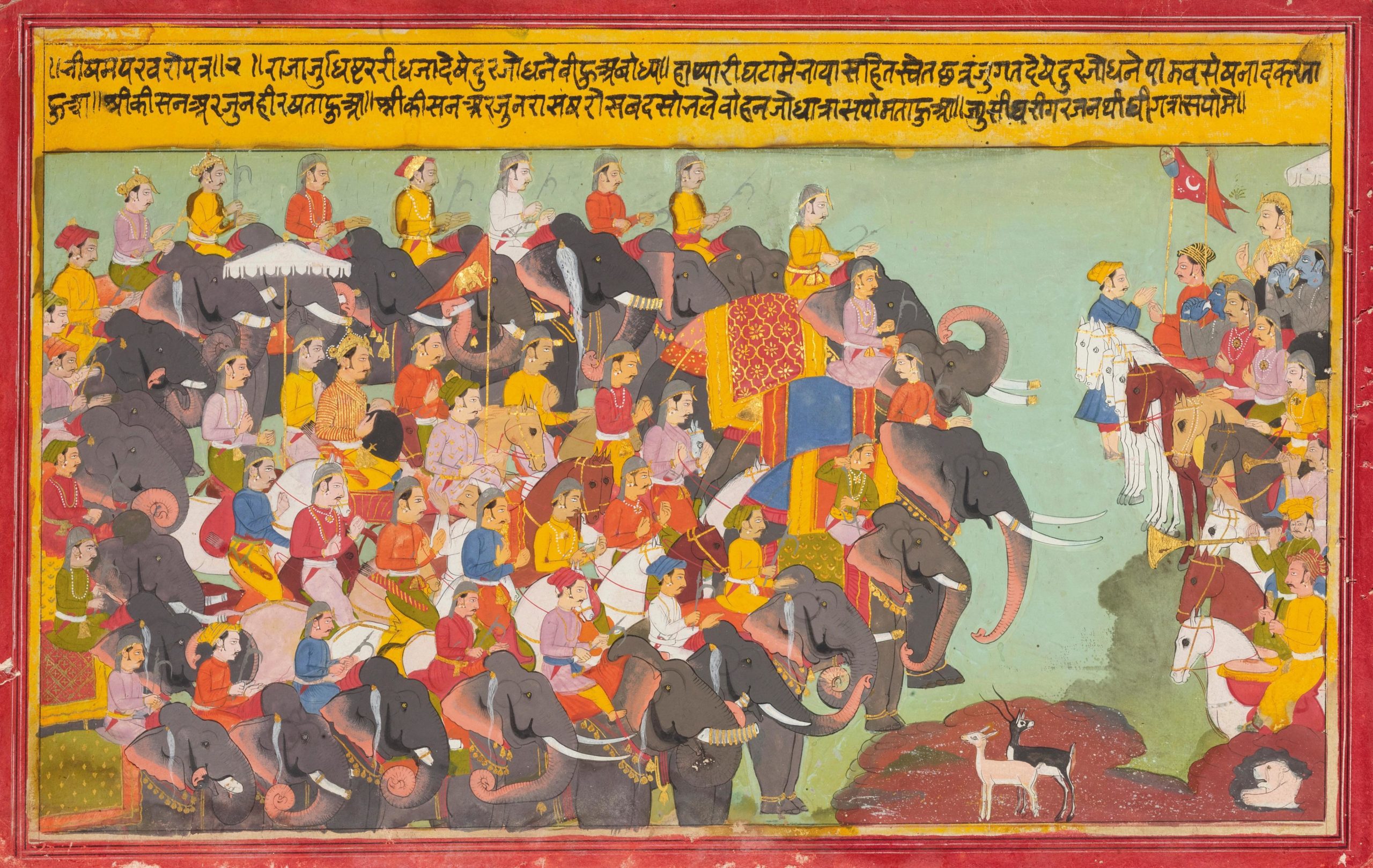
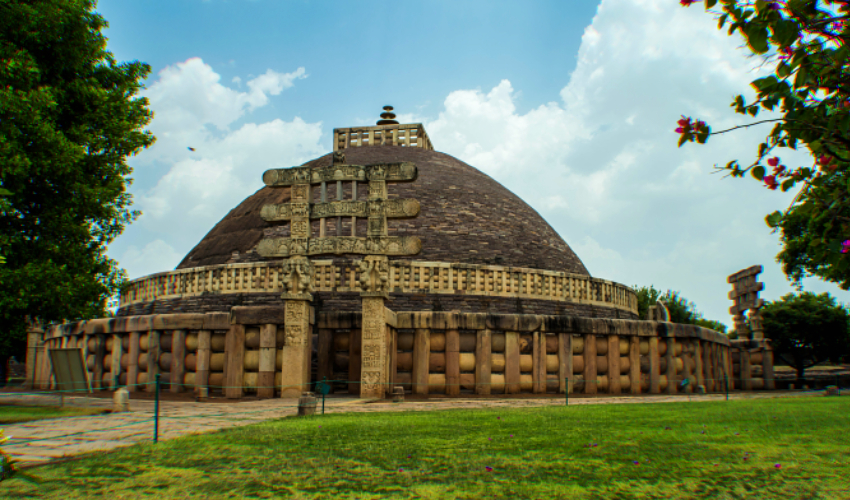
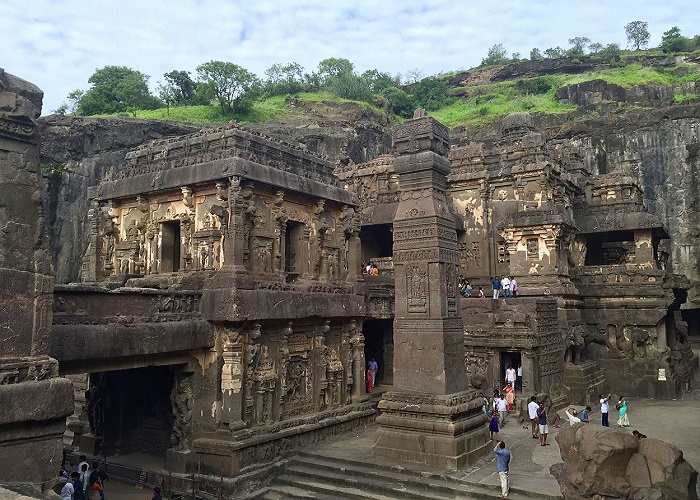
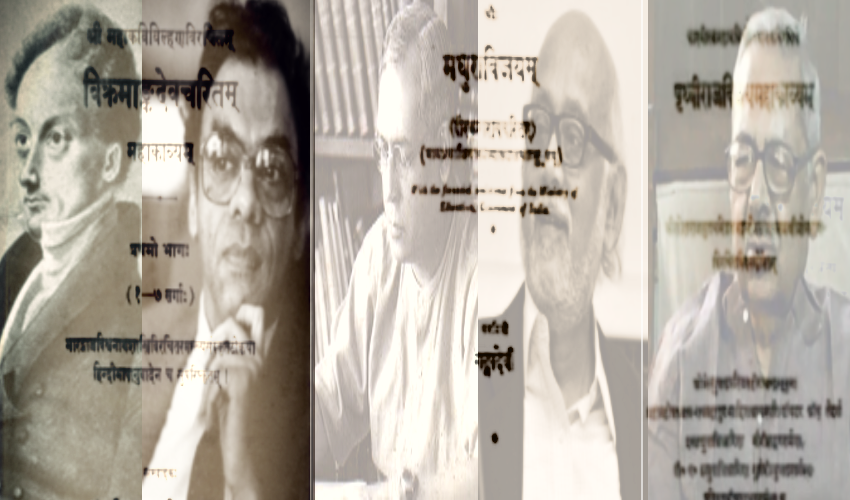
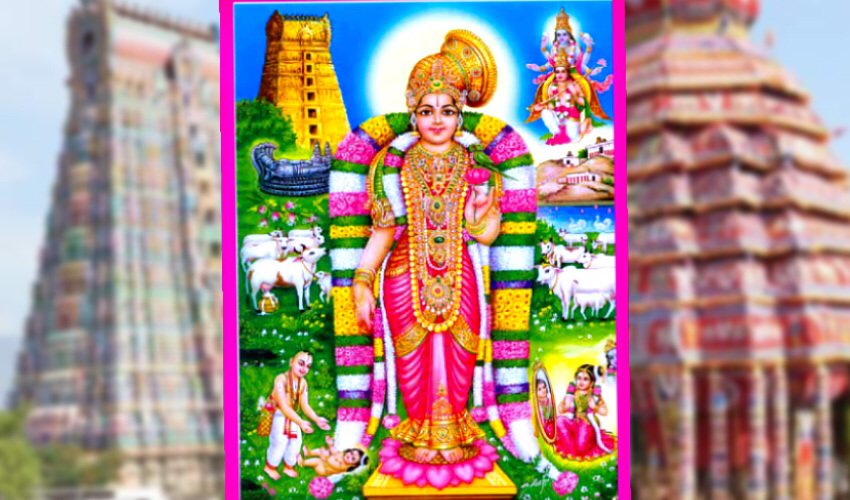
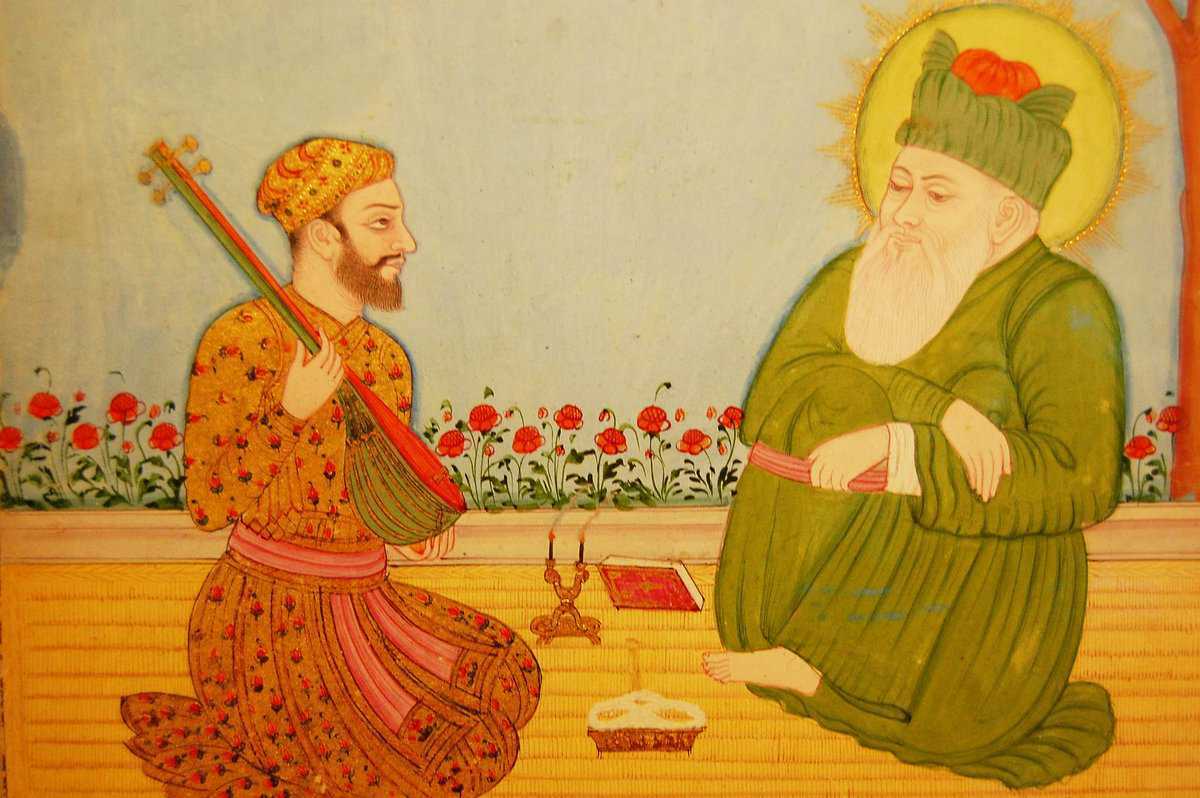
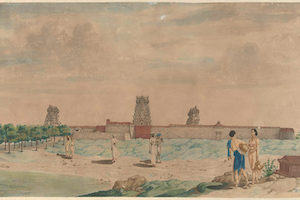
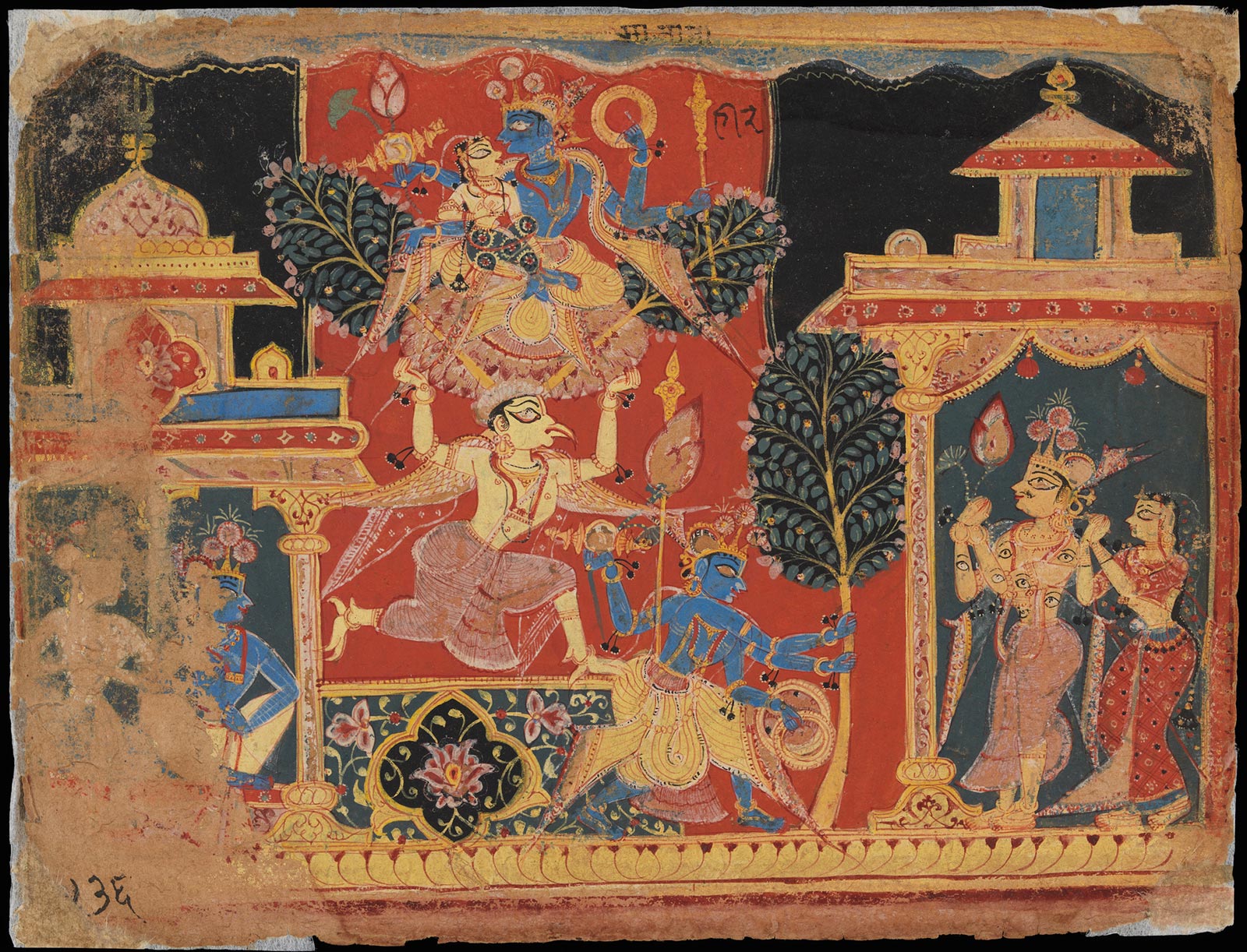
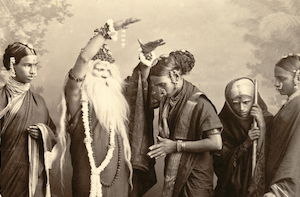
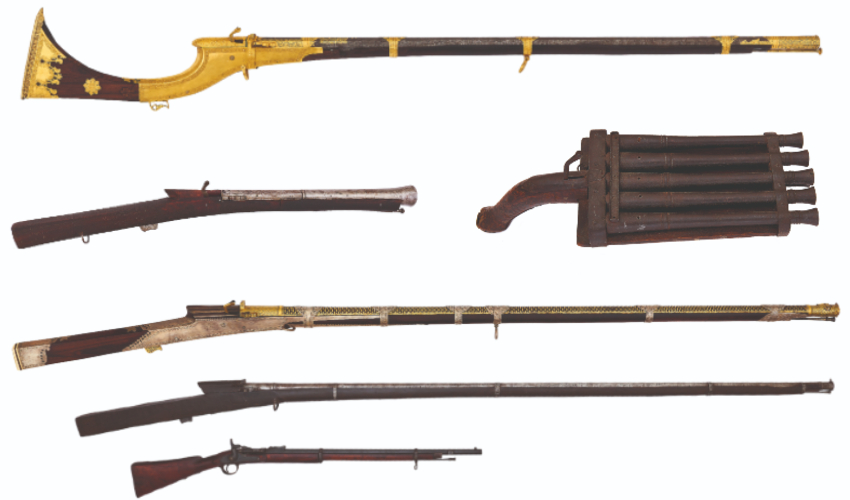
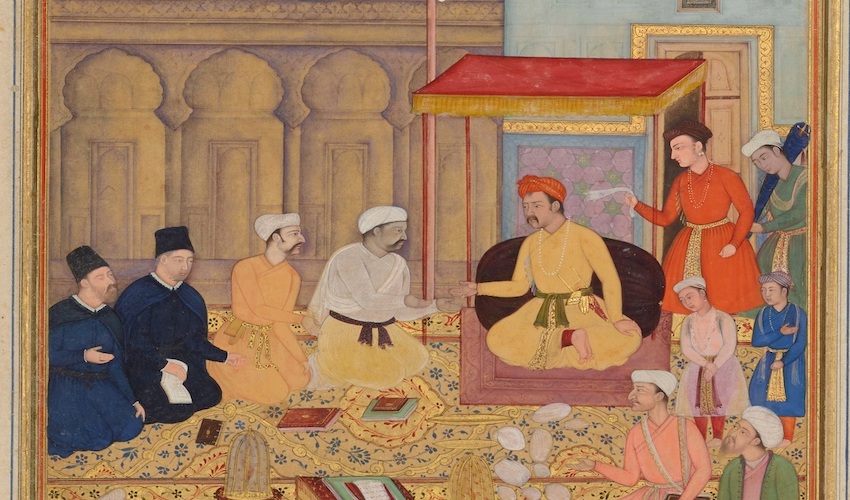
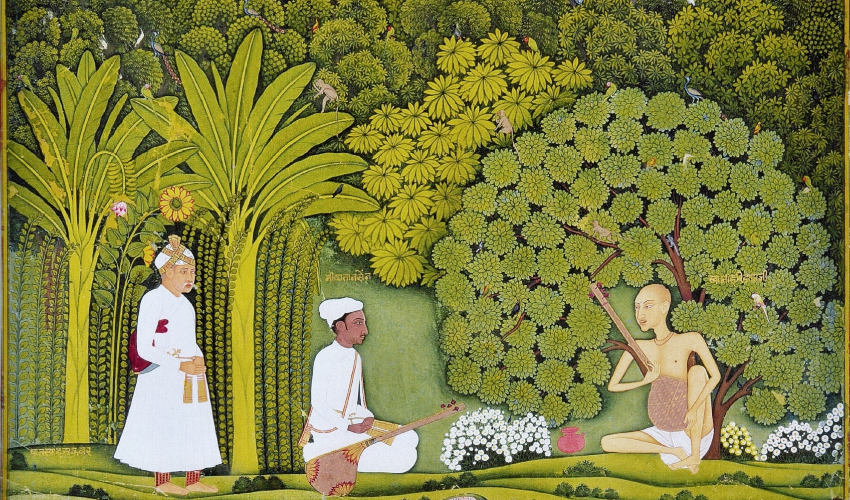
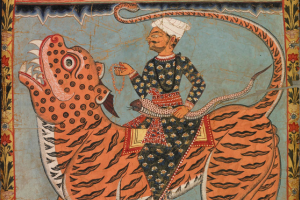
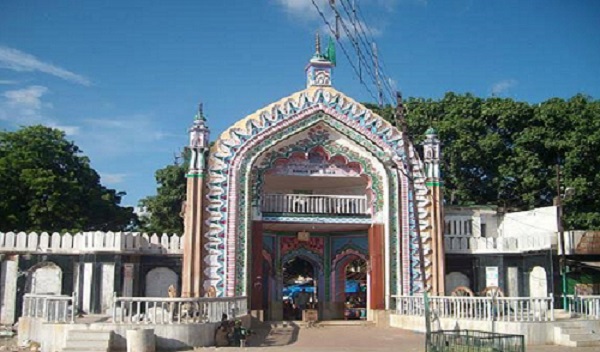
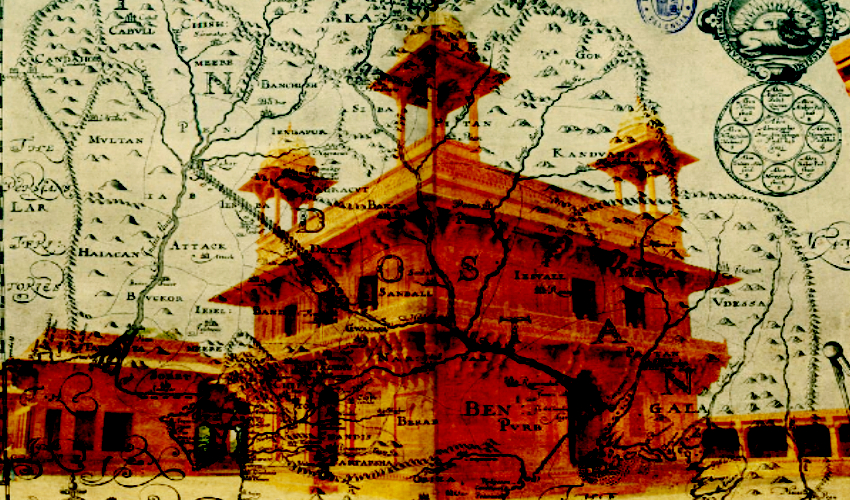
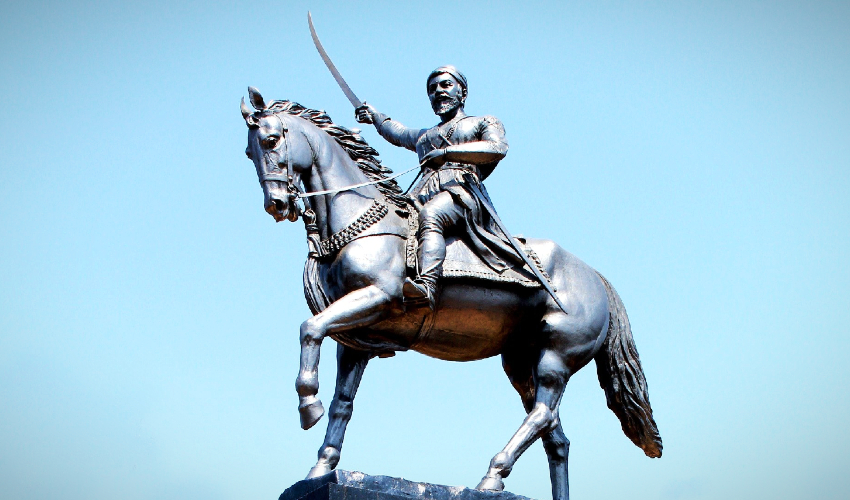
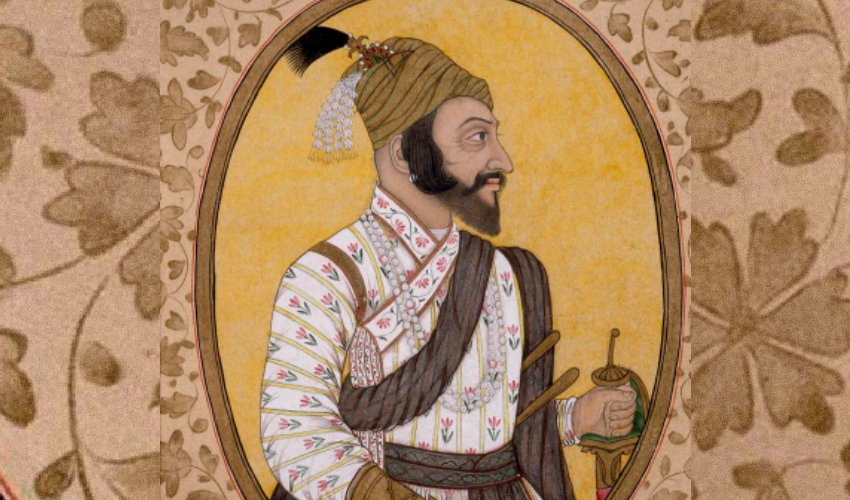

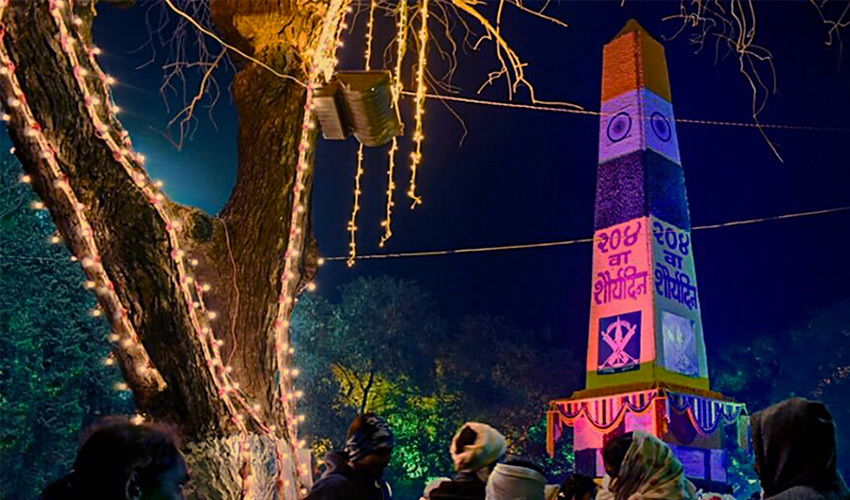
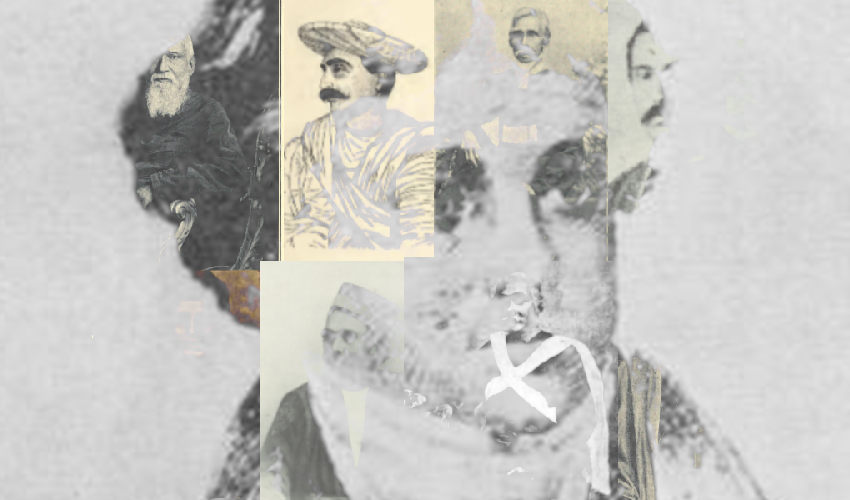
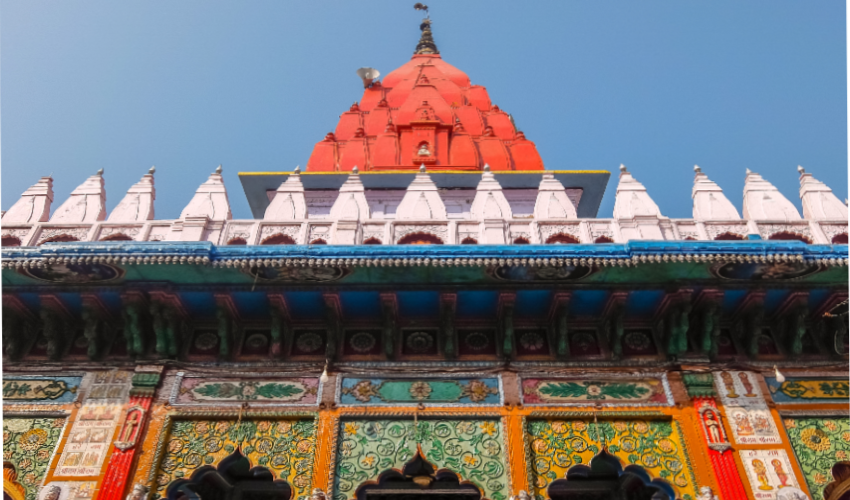
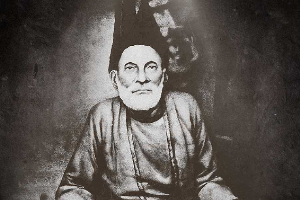
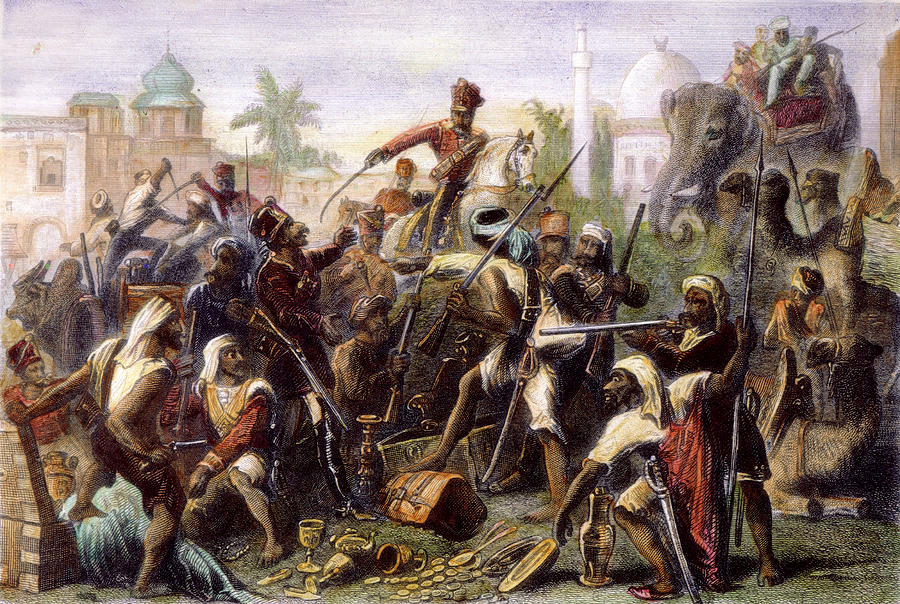
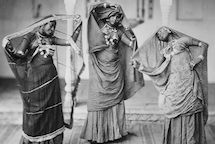
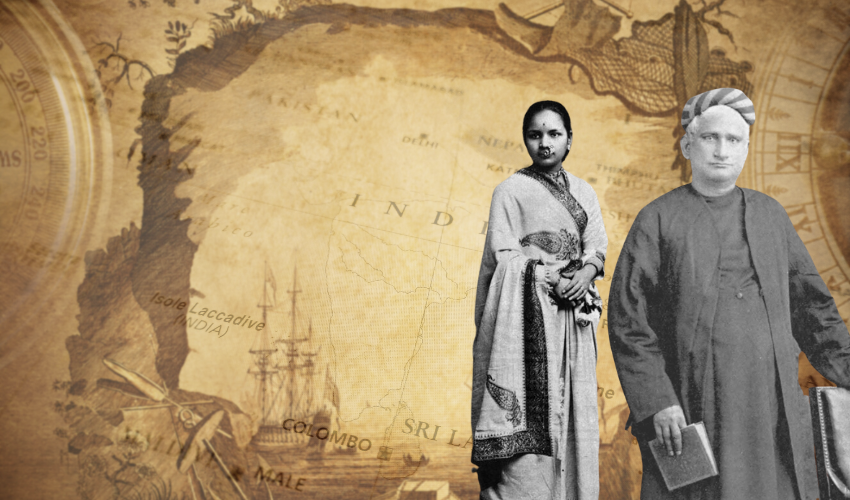
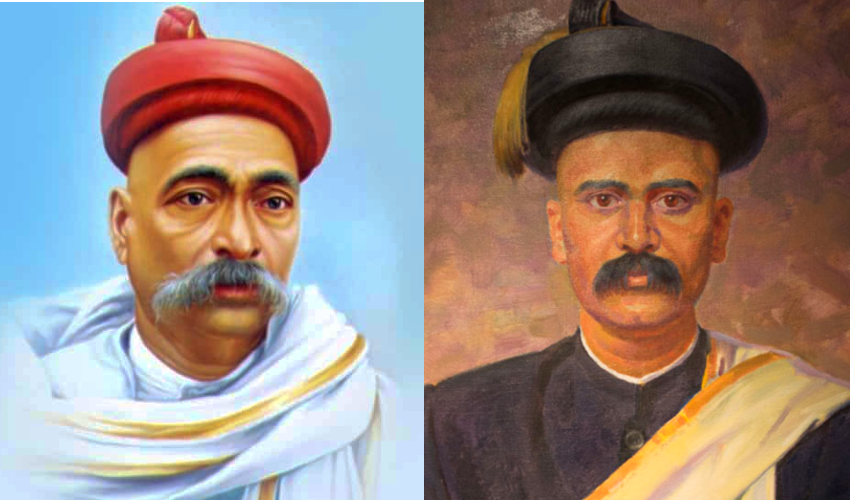
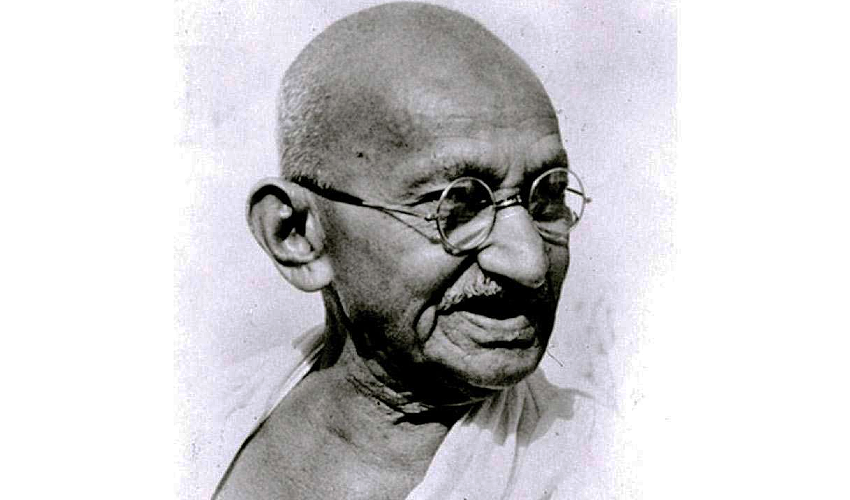
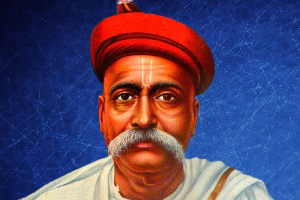
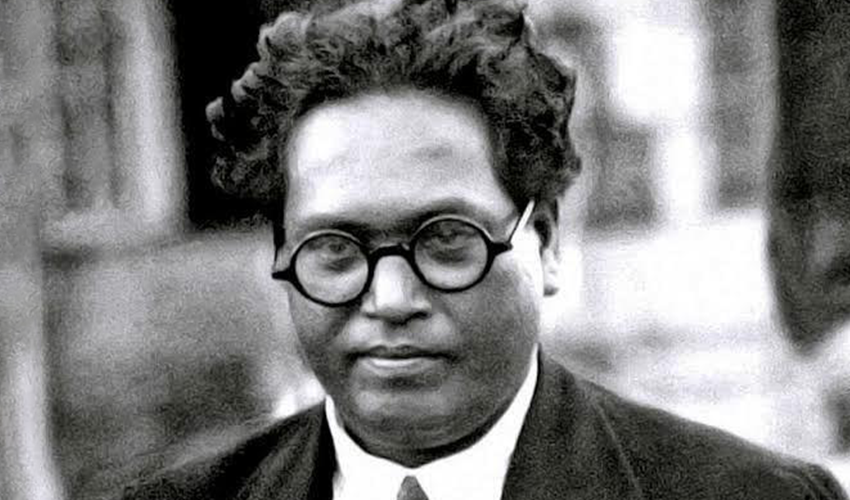
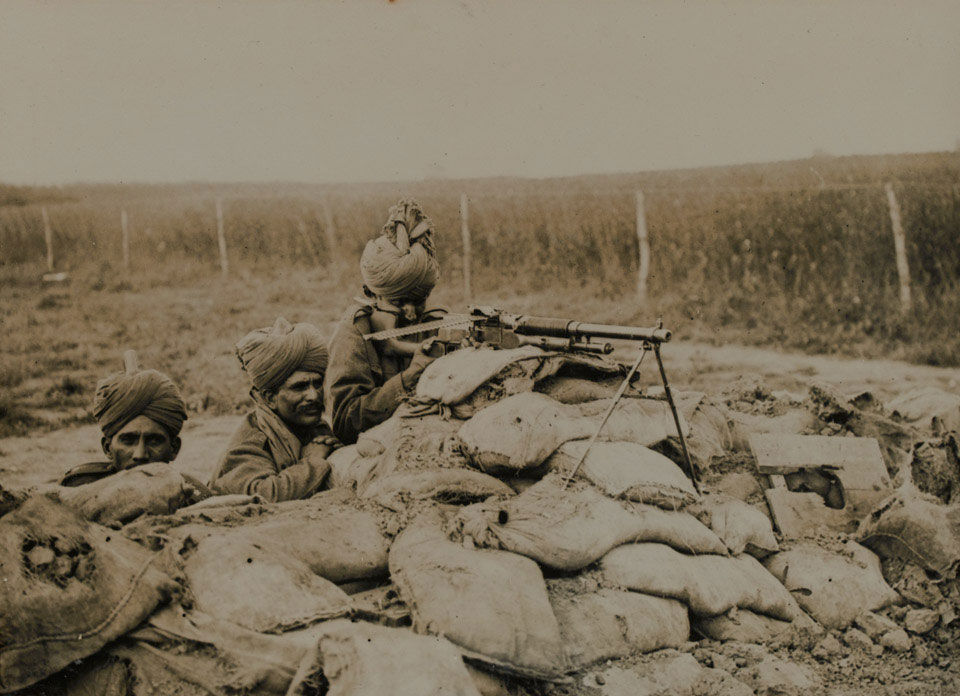
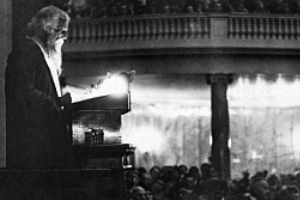
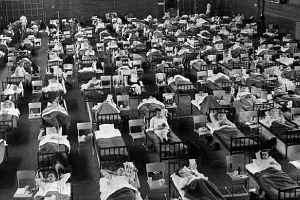
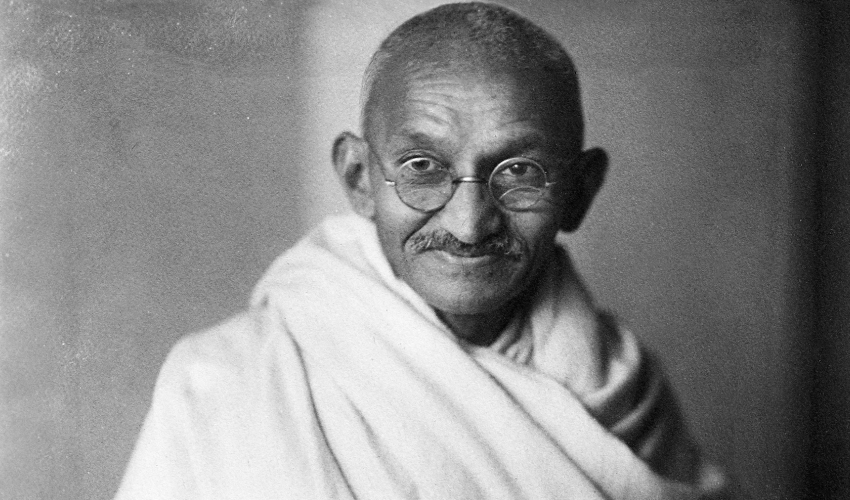
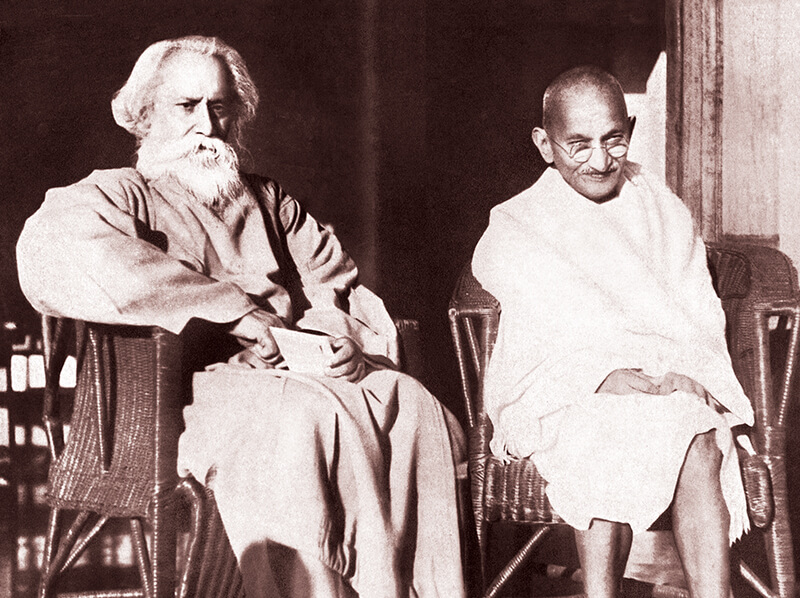
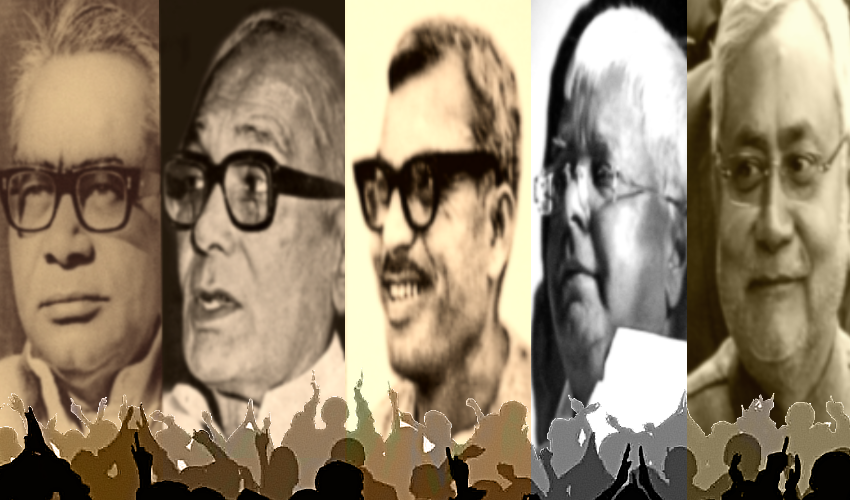
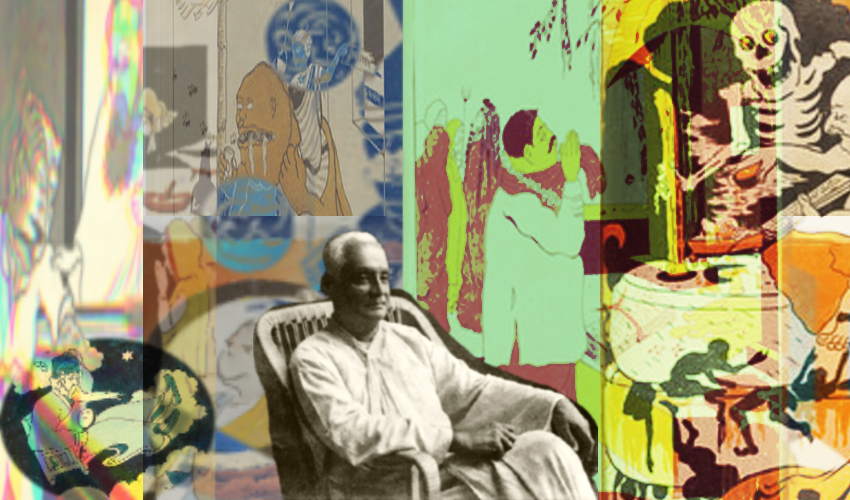
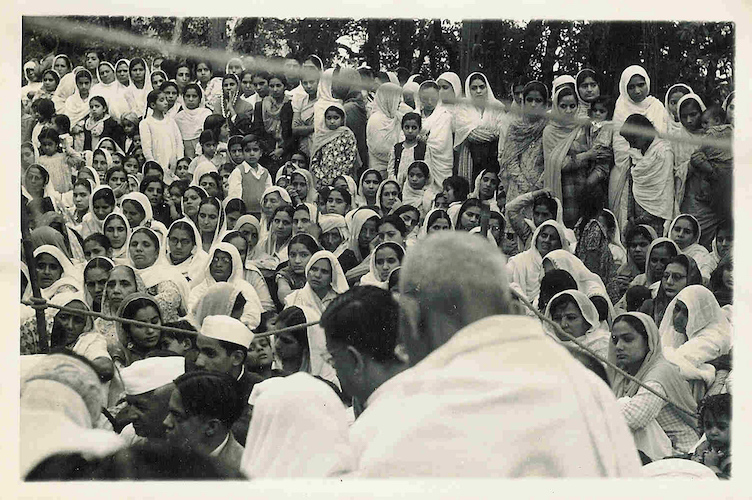
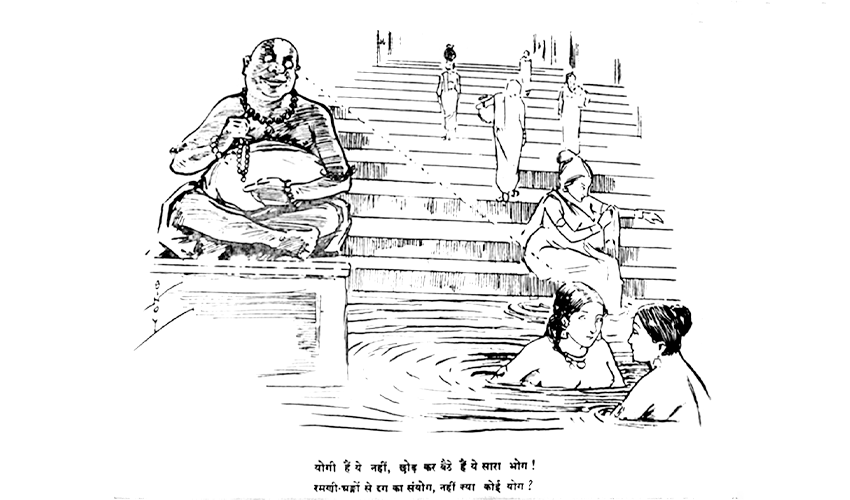
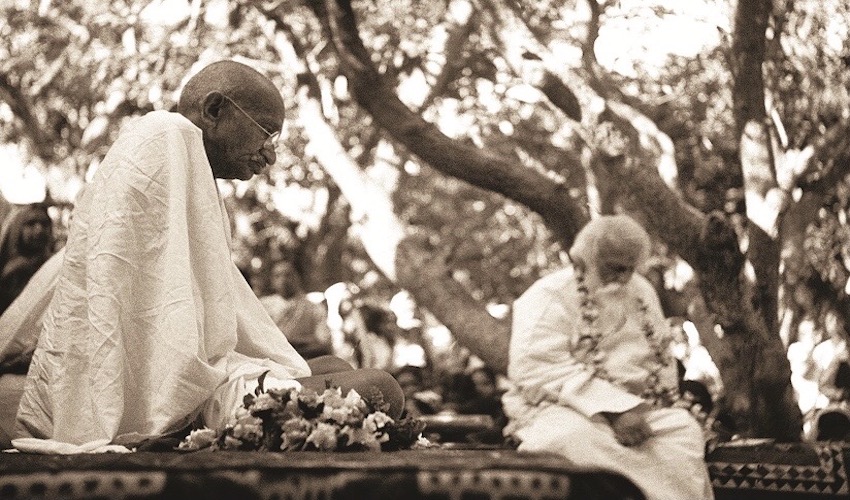
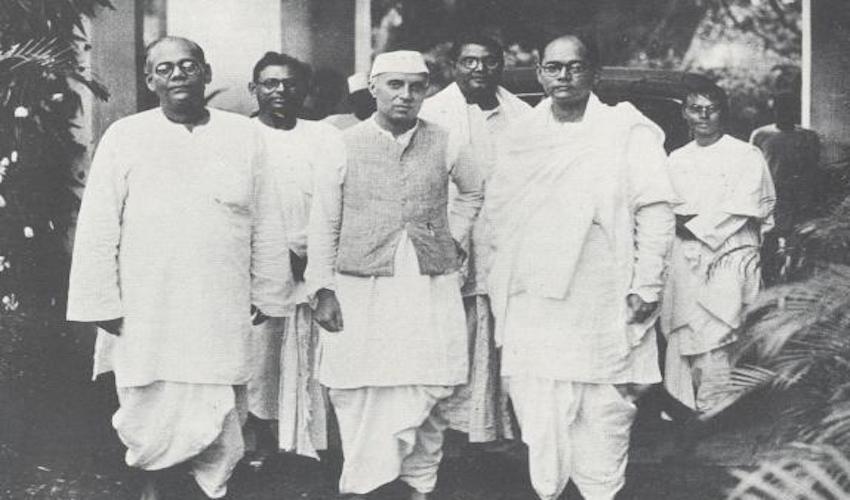
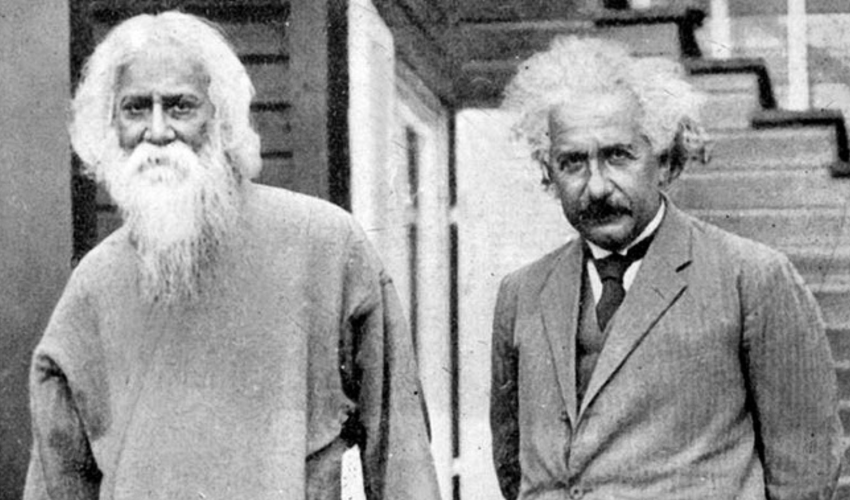
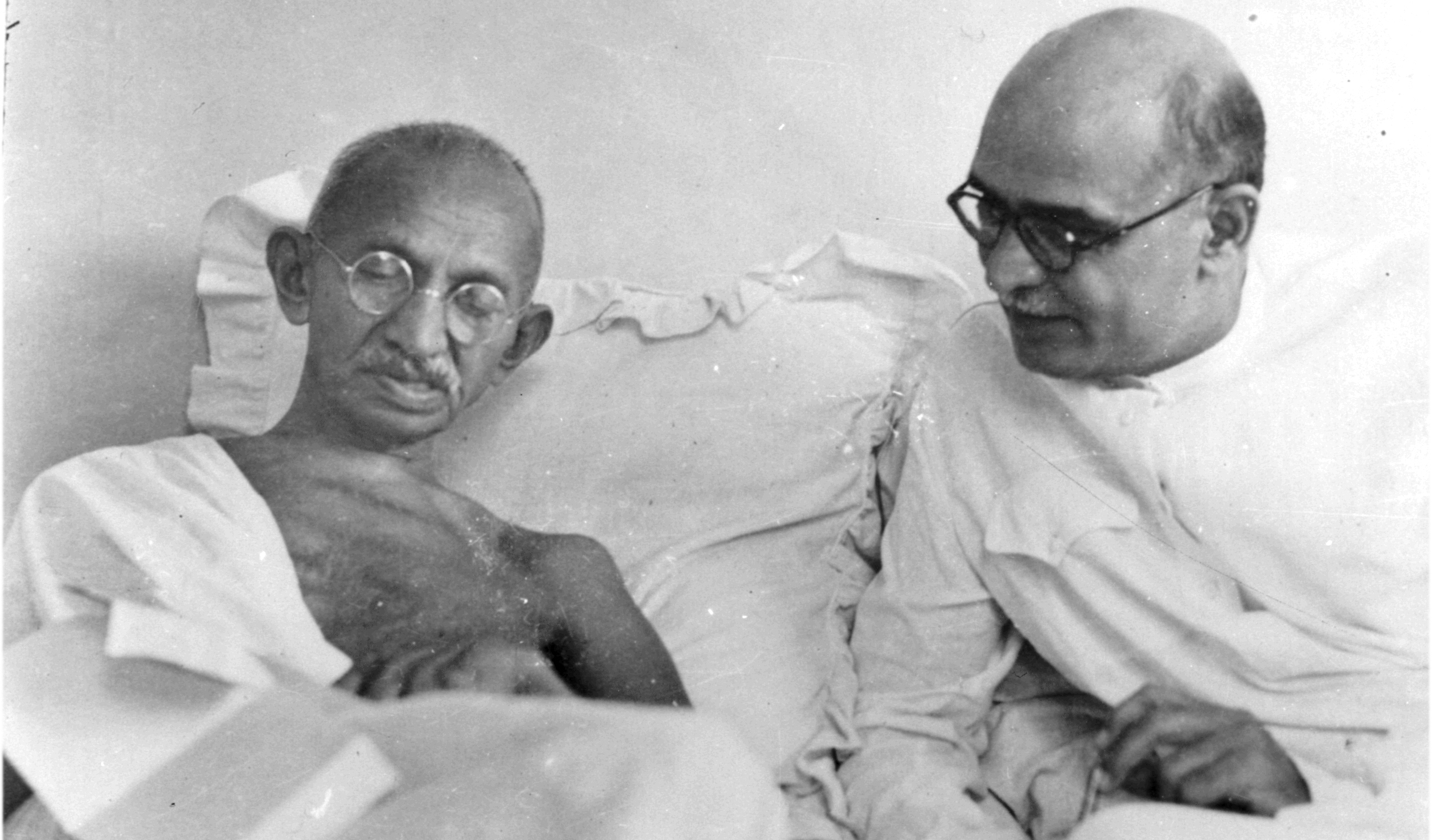
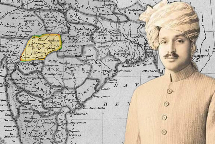
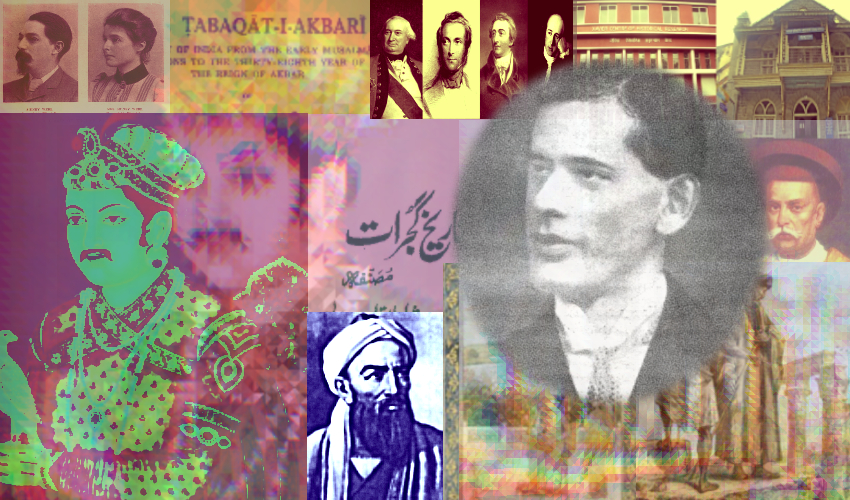
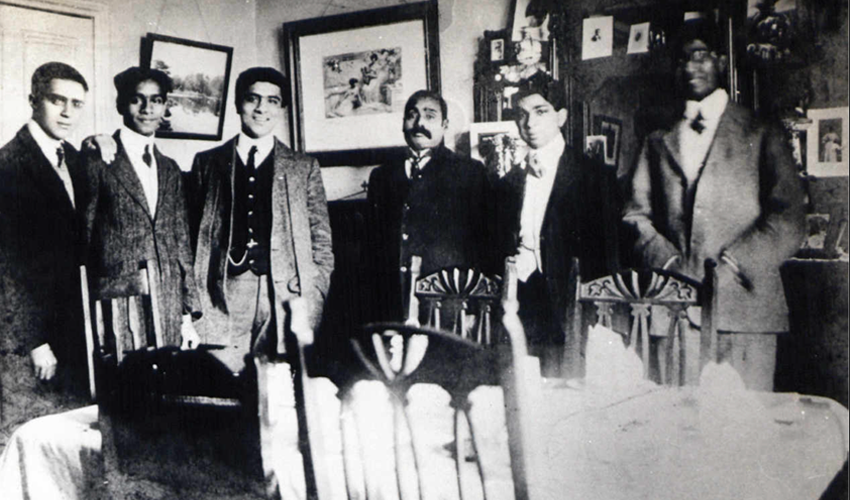
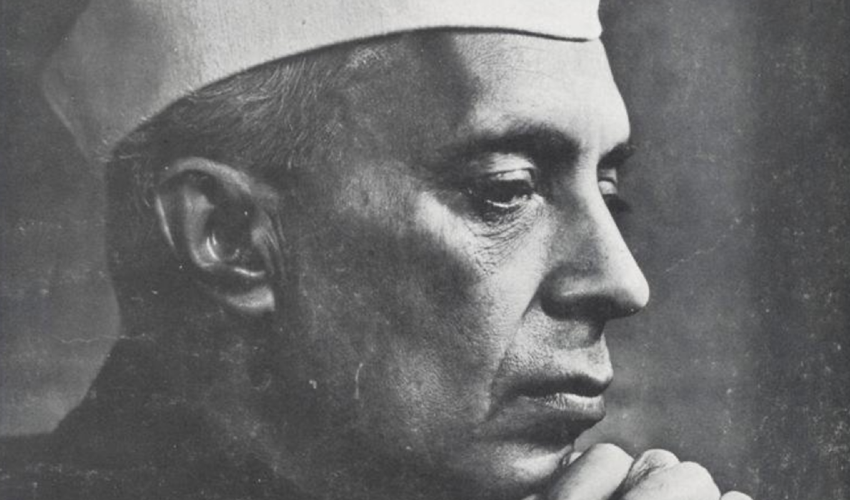
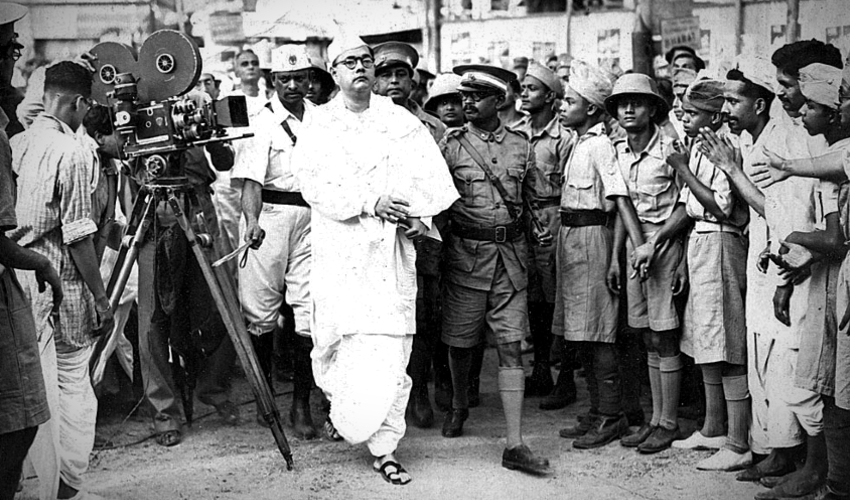


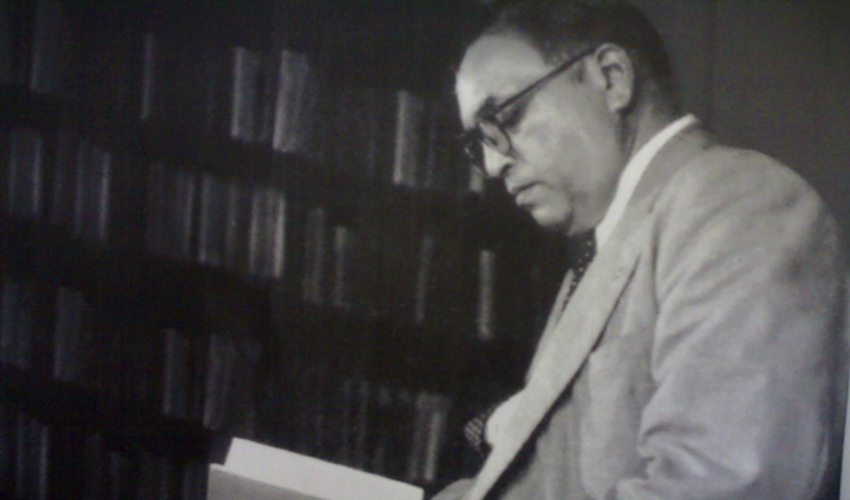

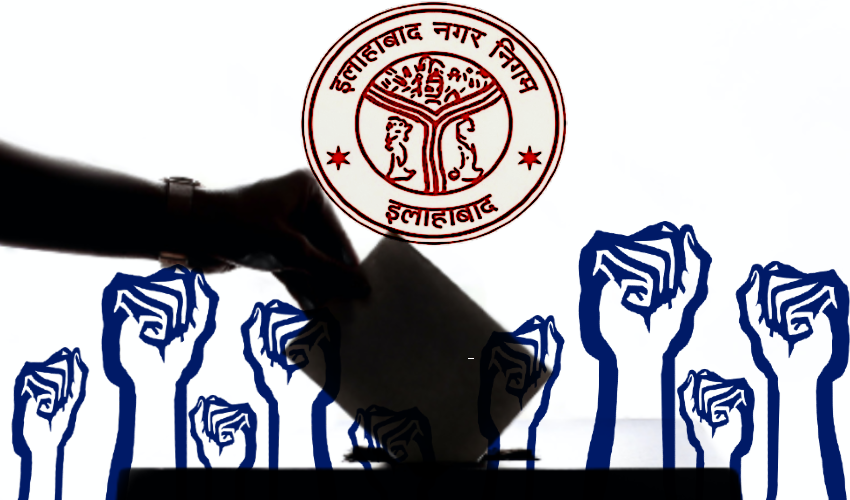
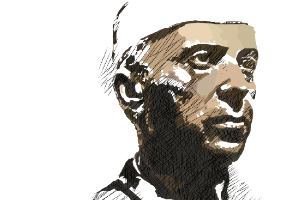
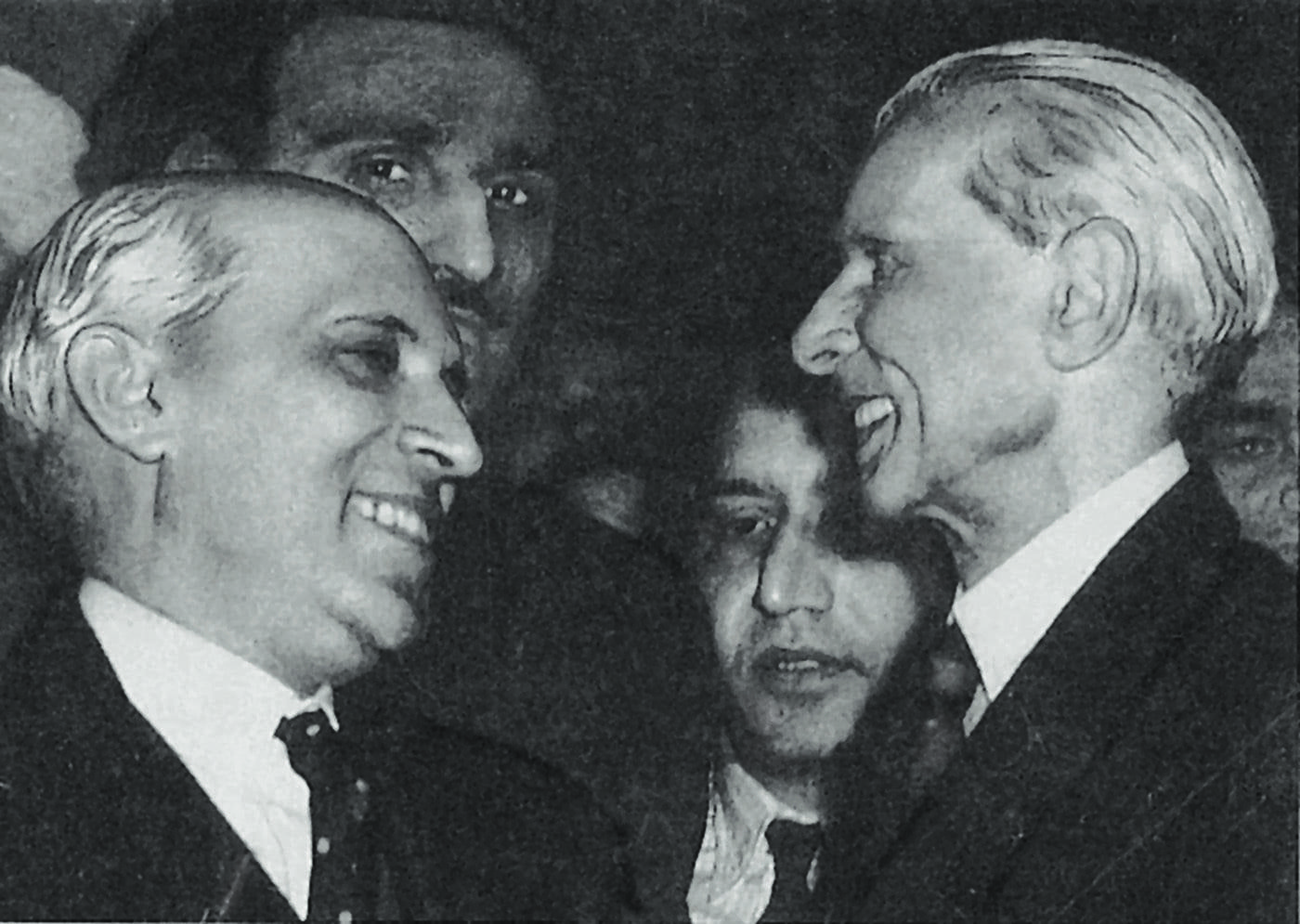
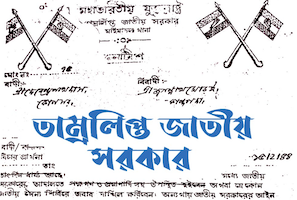
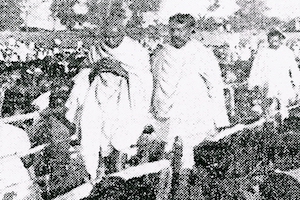
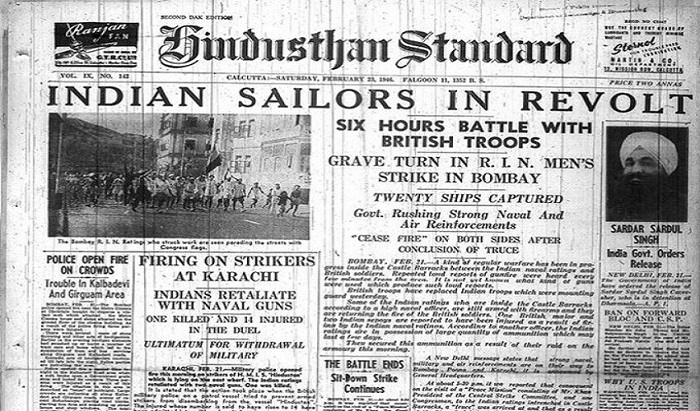
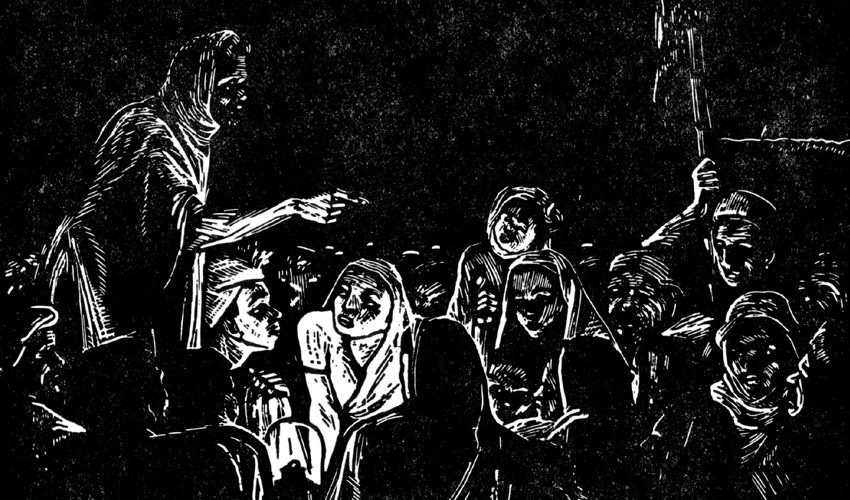
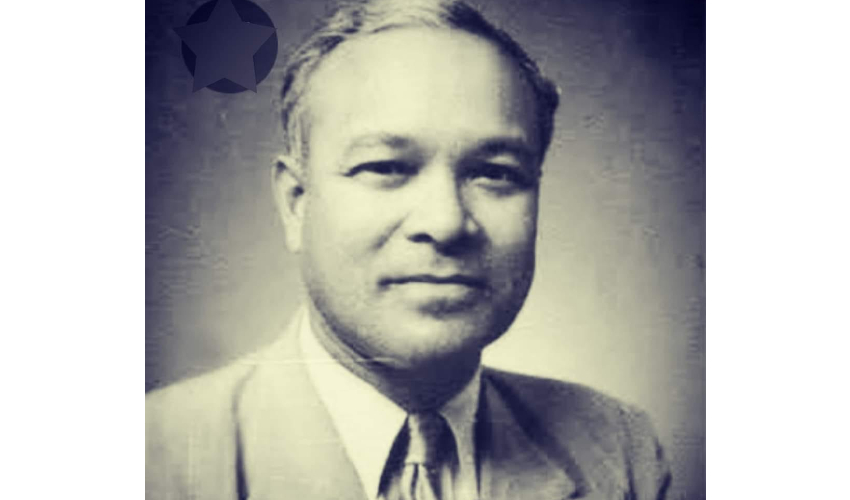
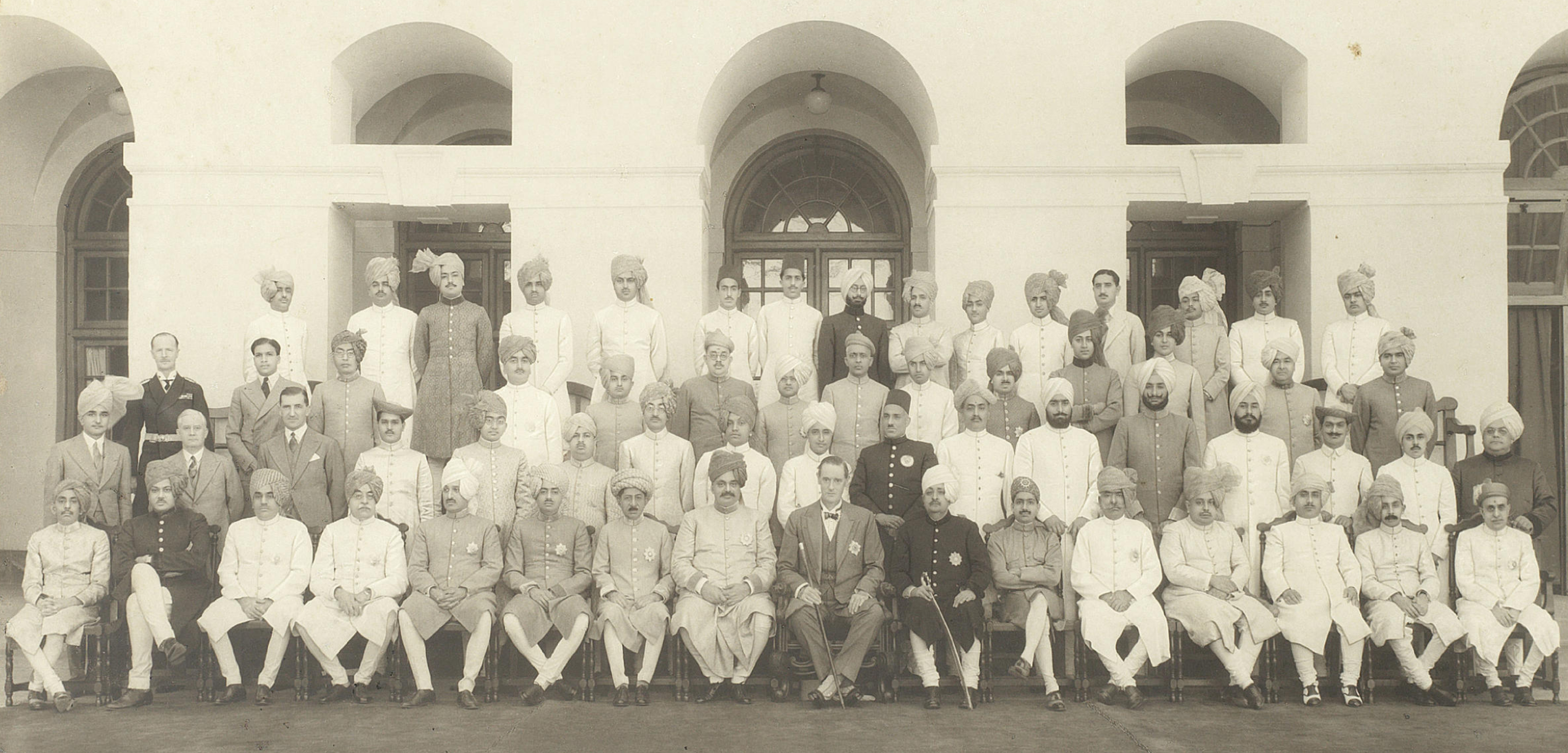
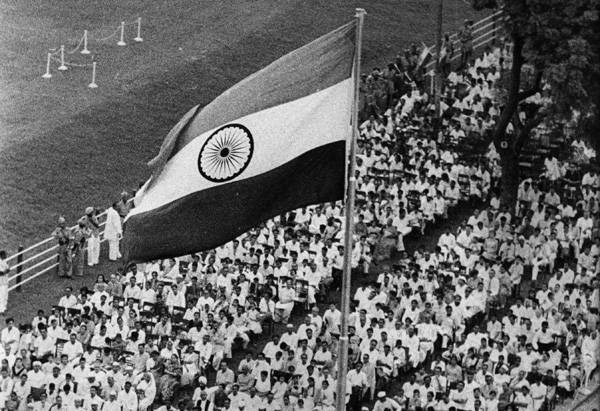
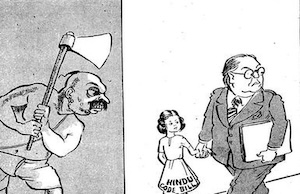


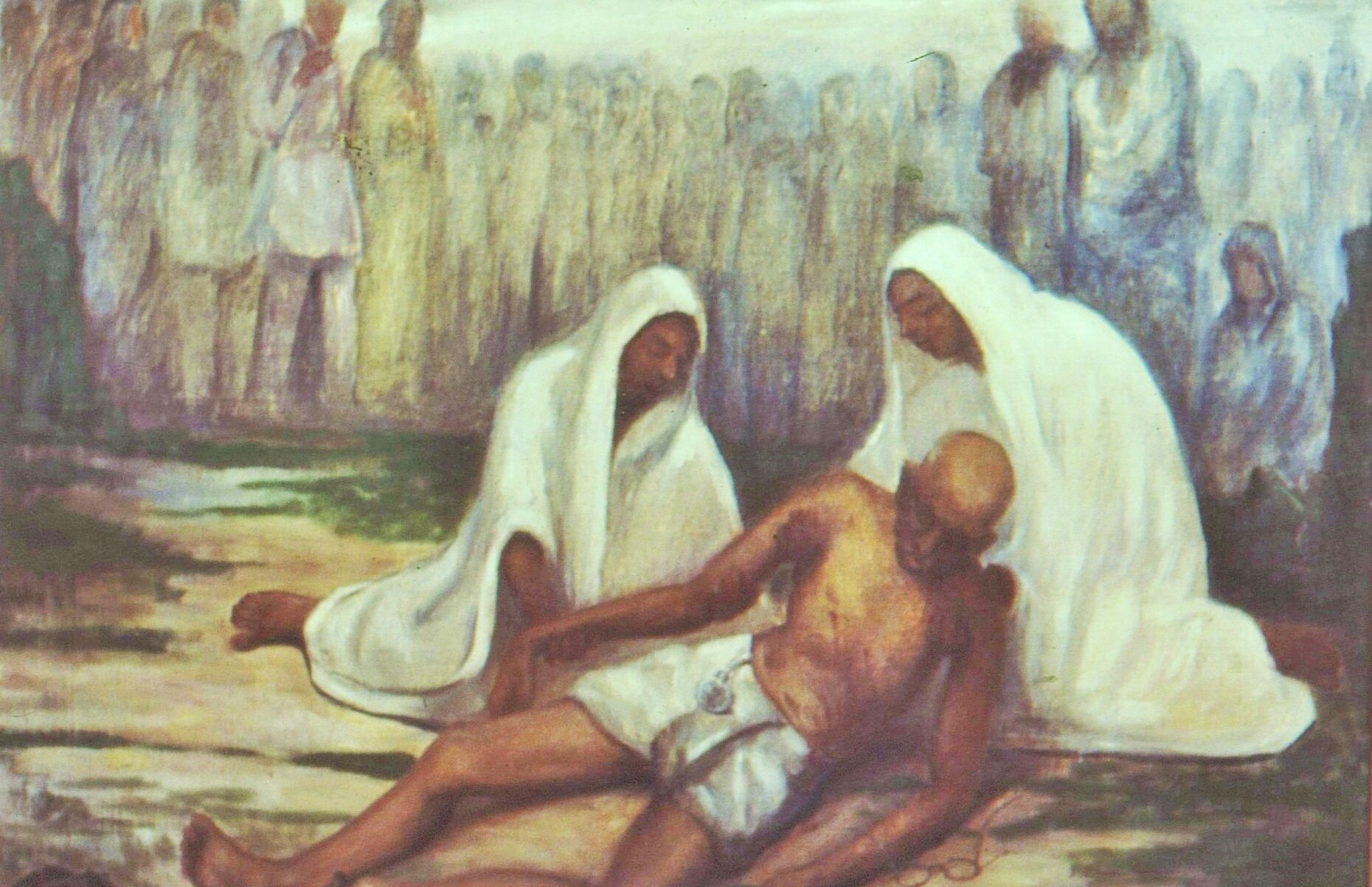
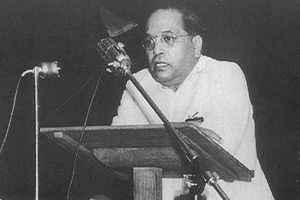
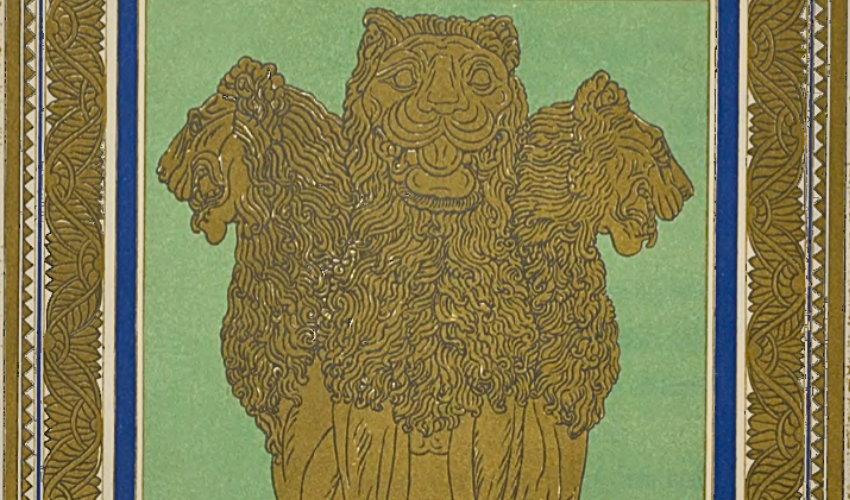
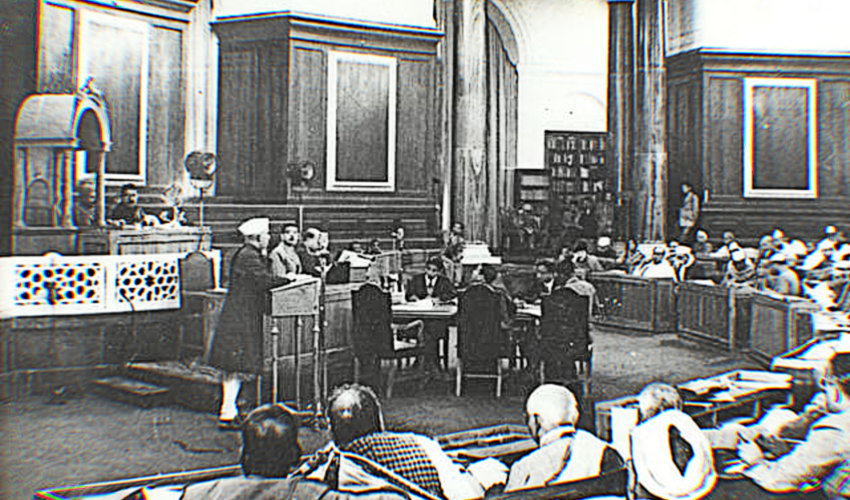
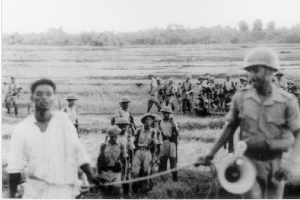
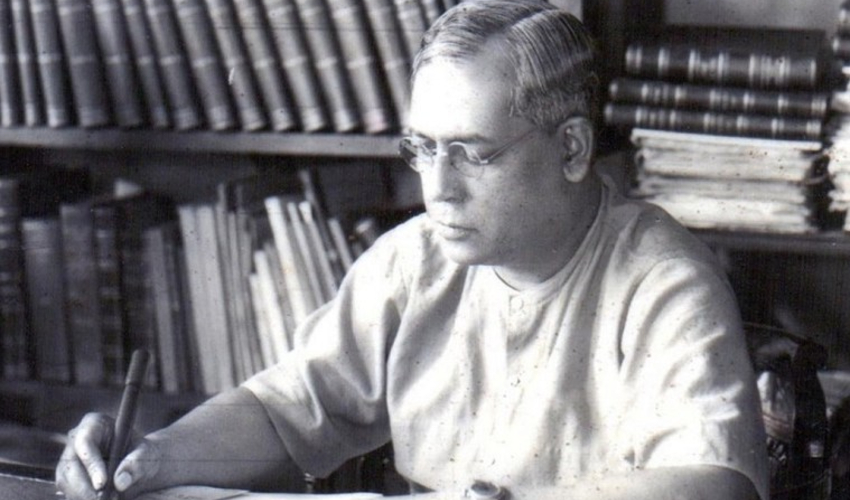
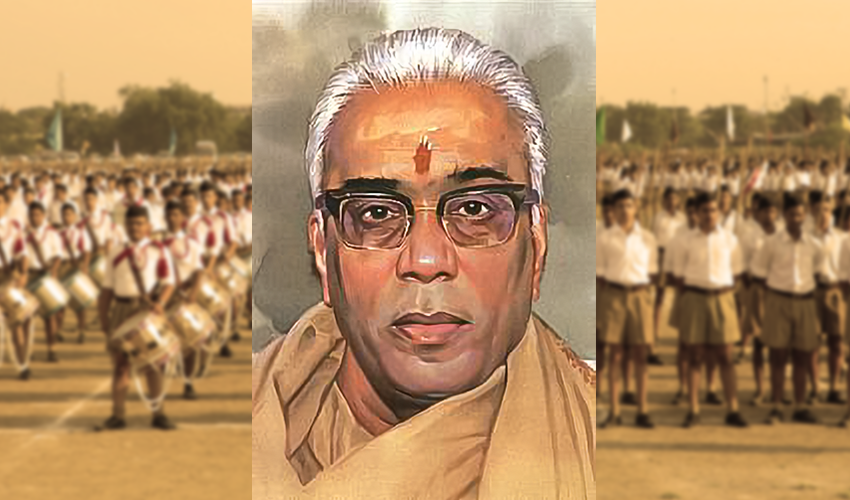
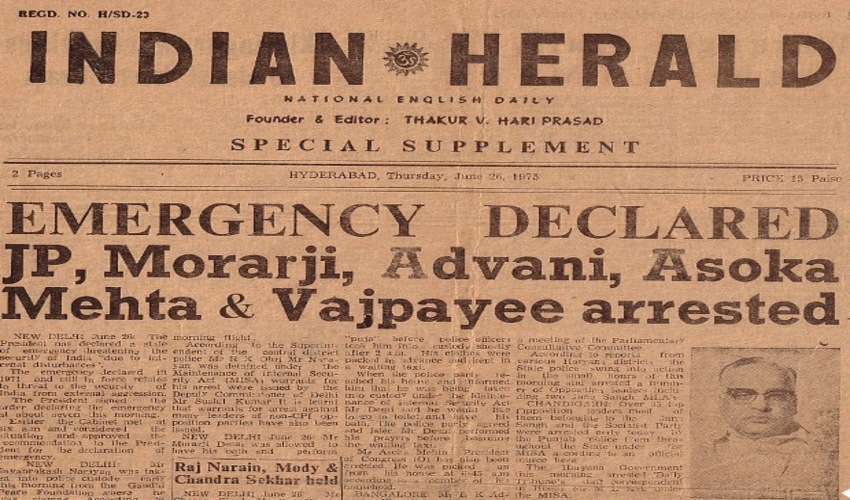
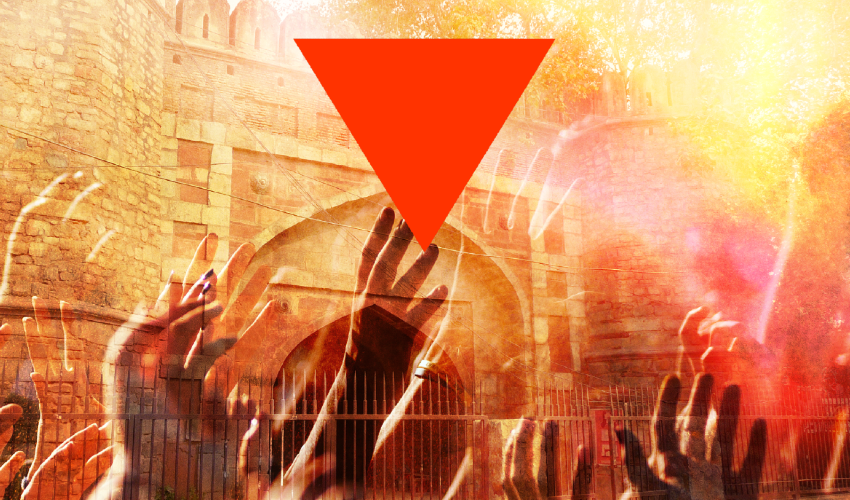
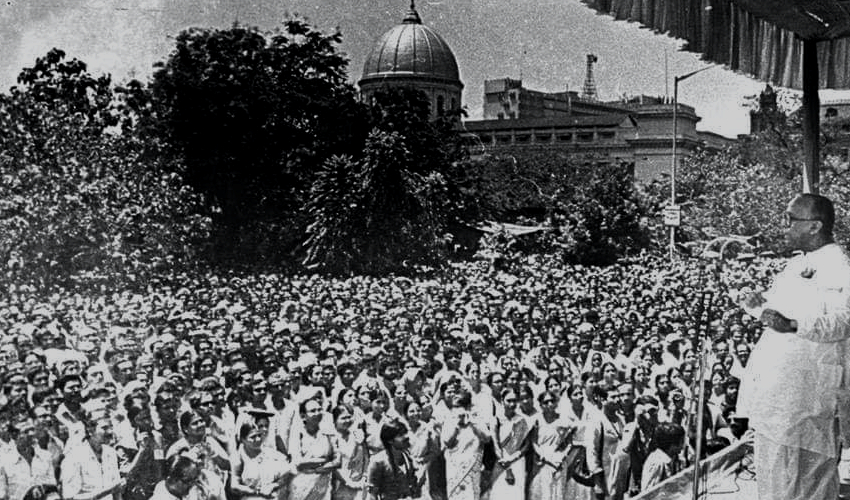
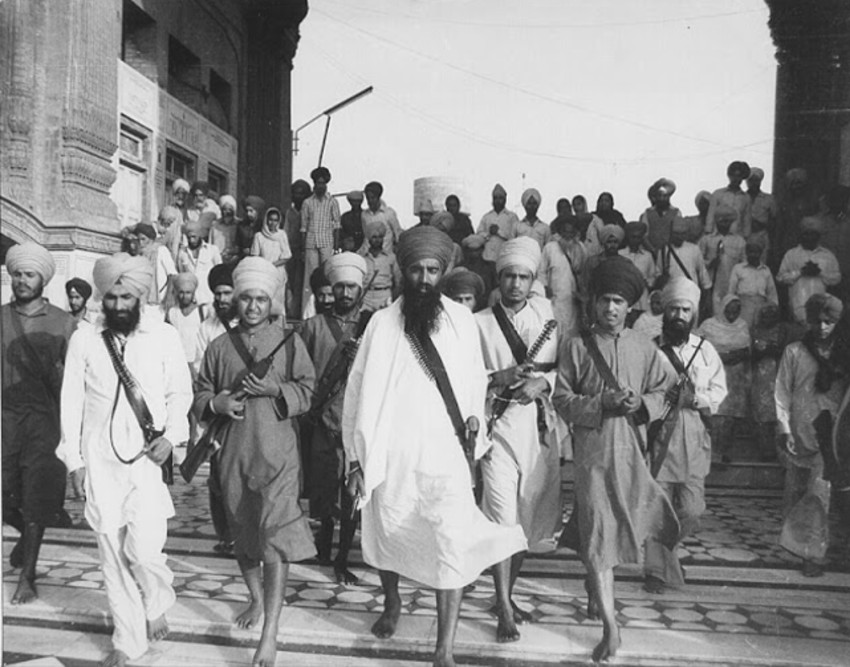
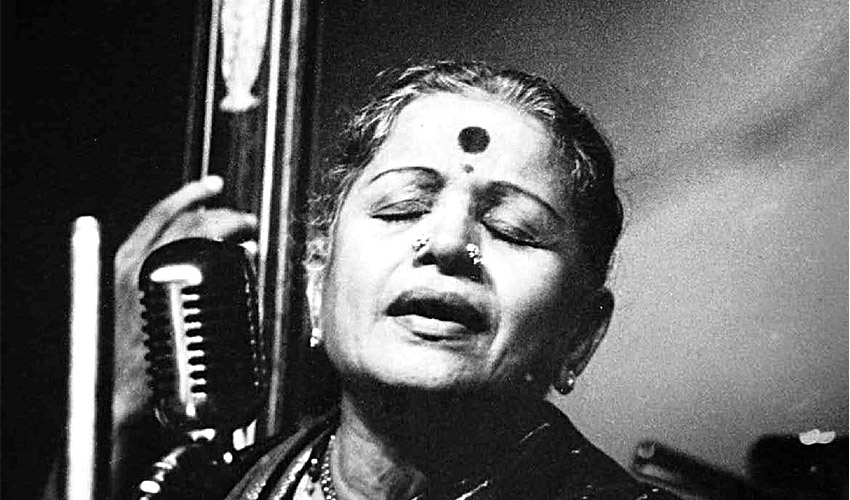
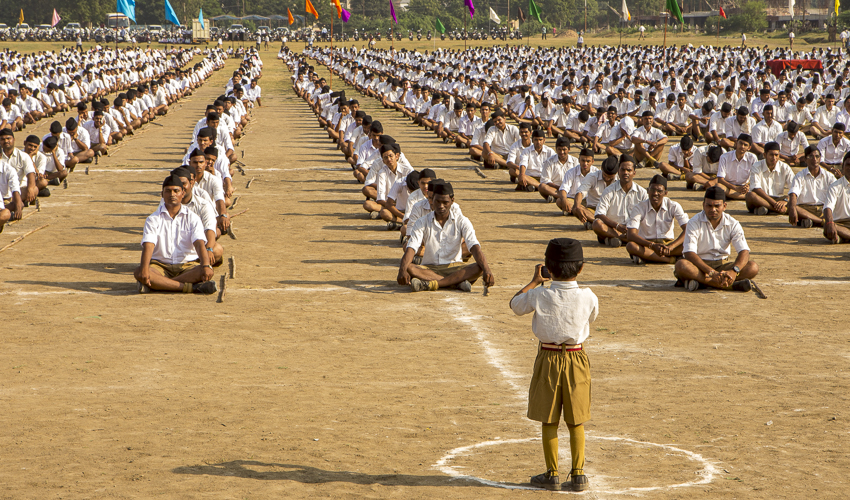
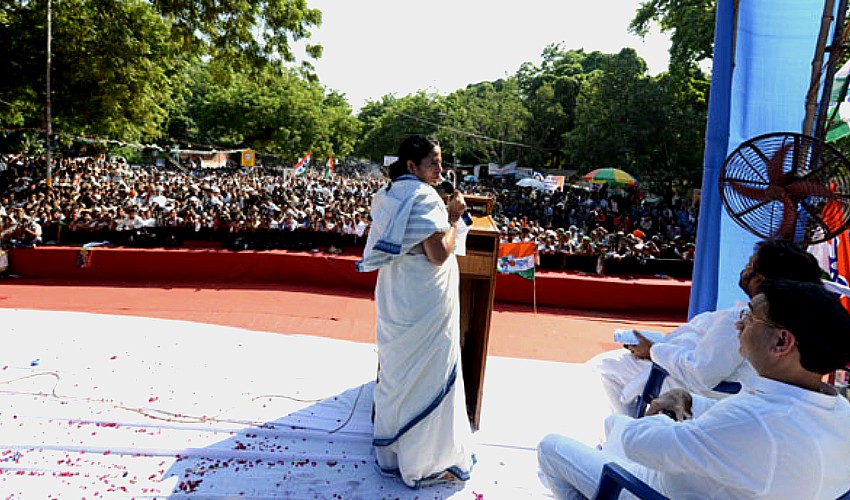
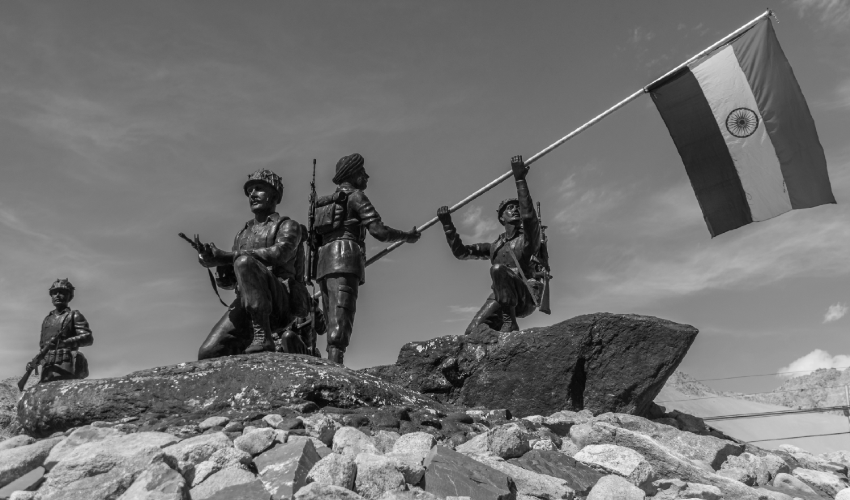
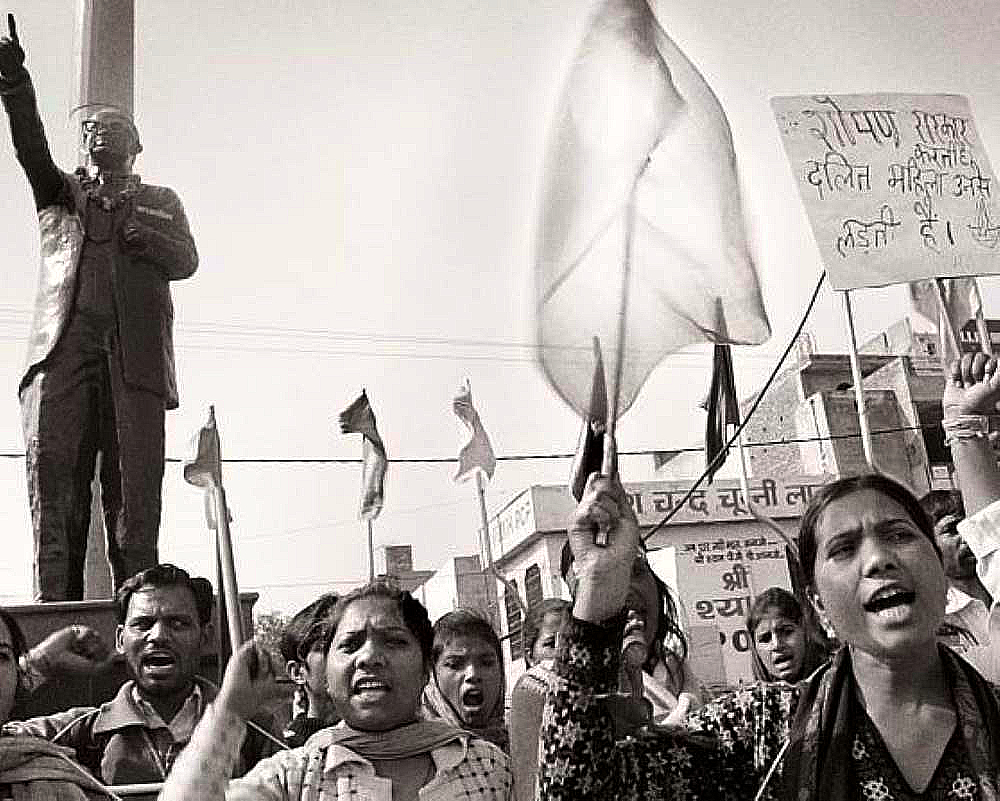
Leave a Reply